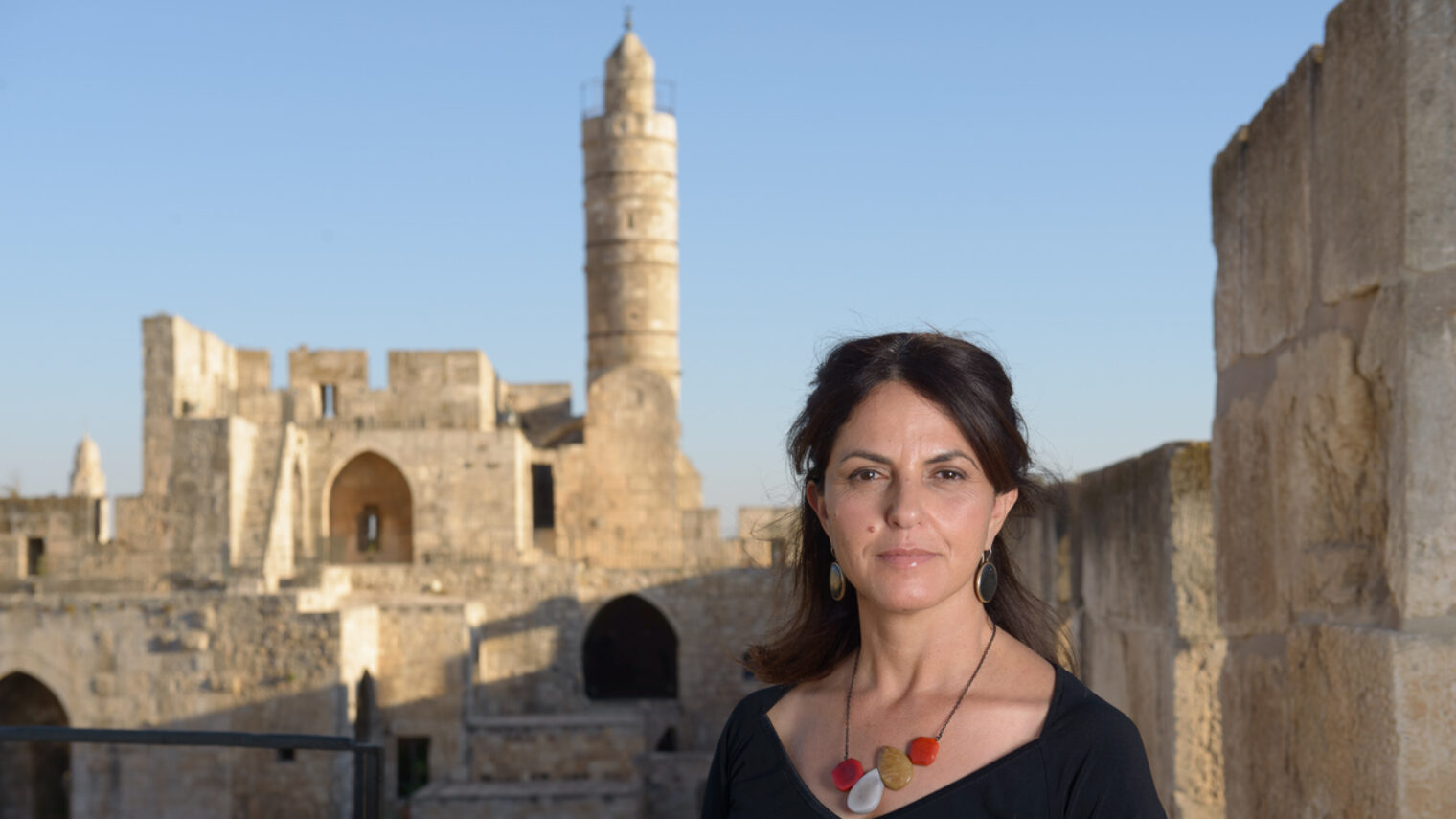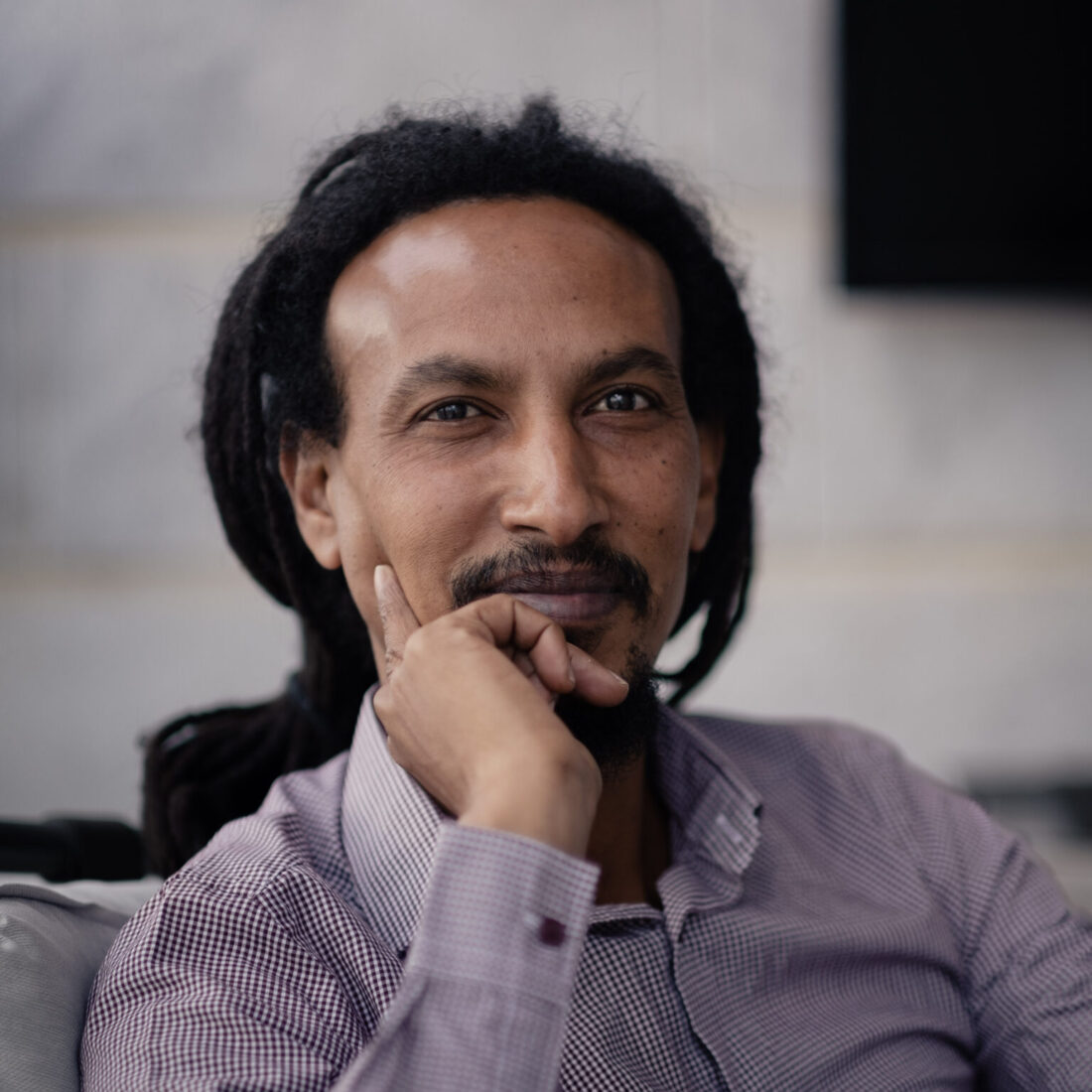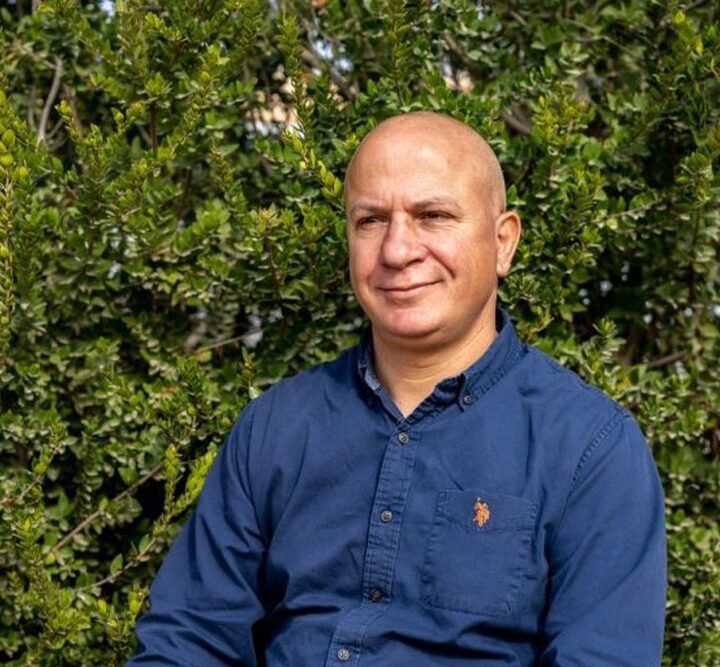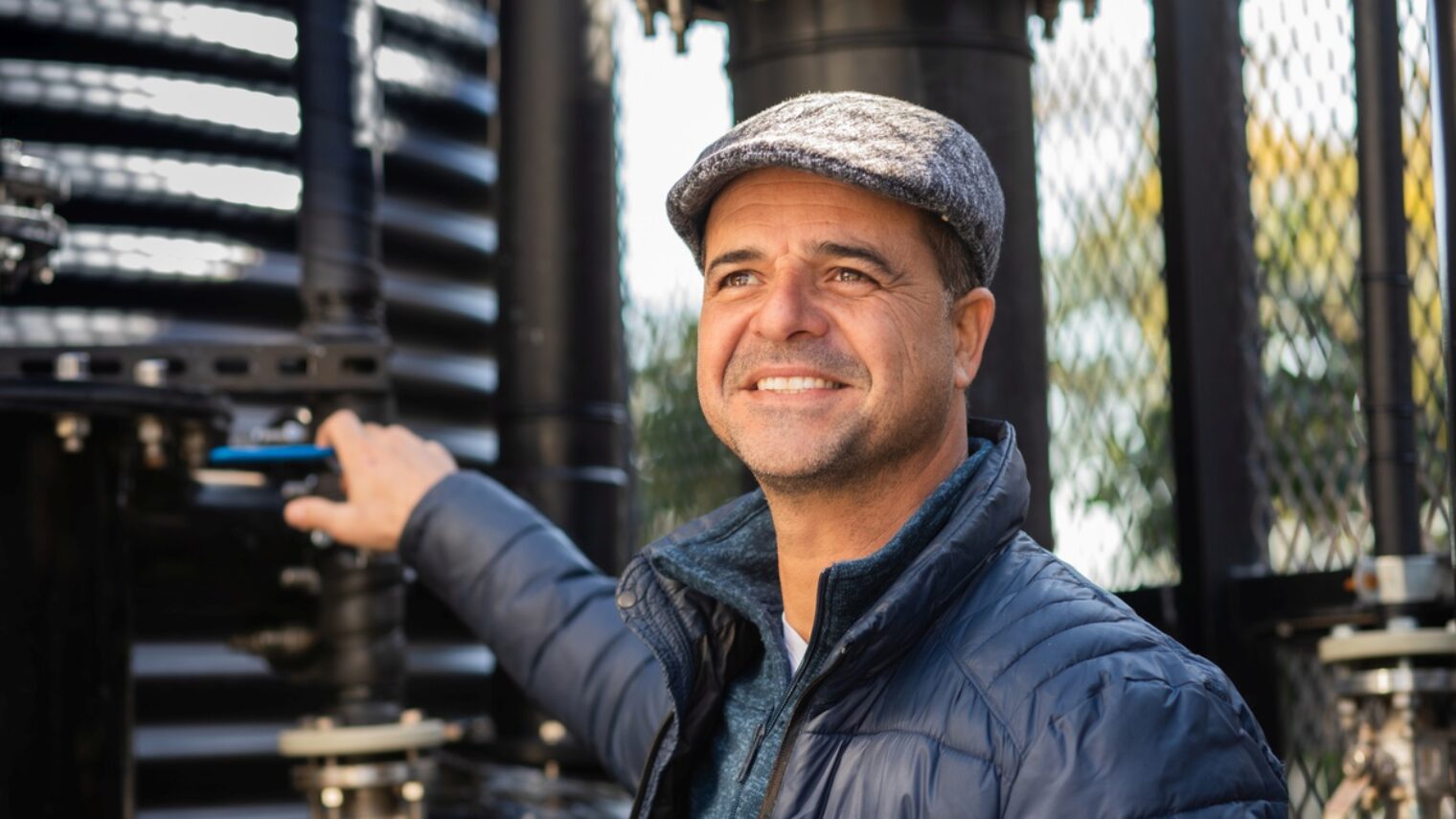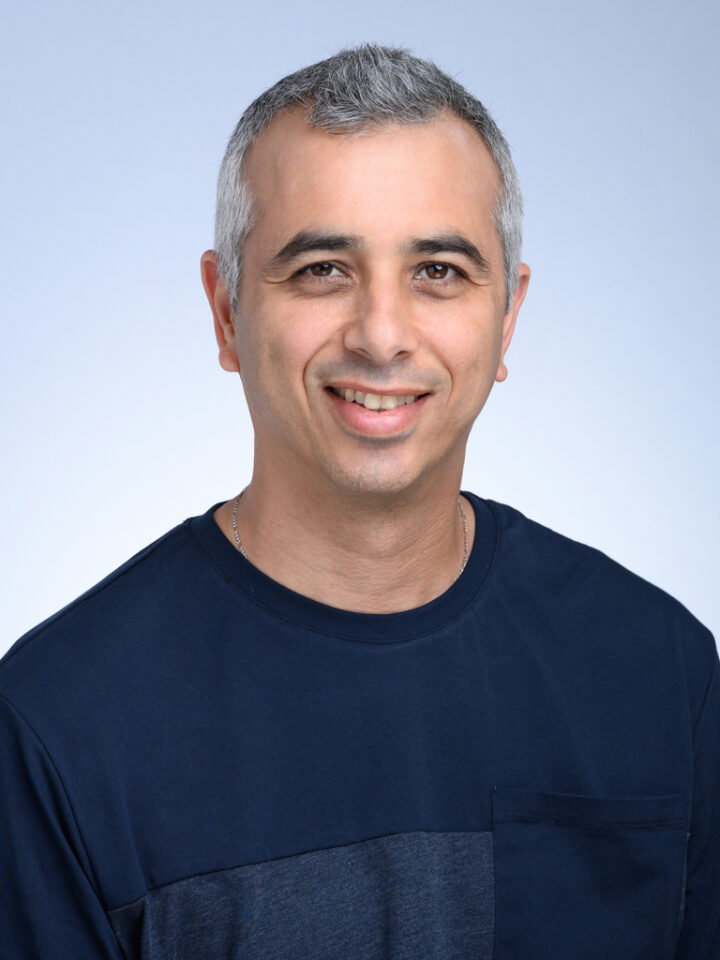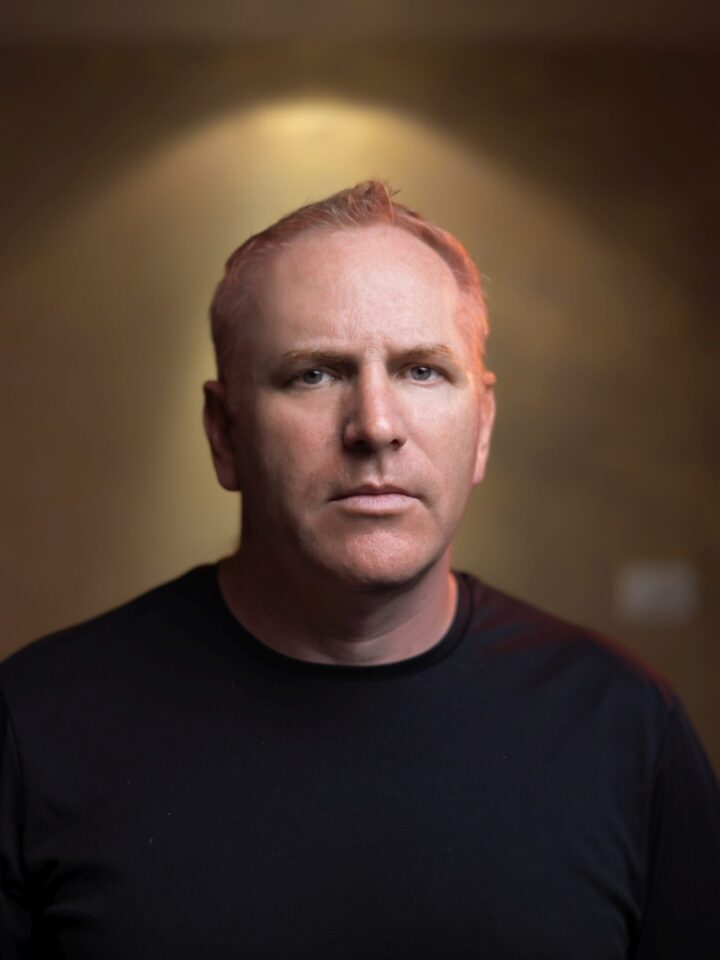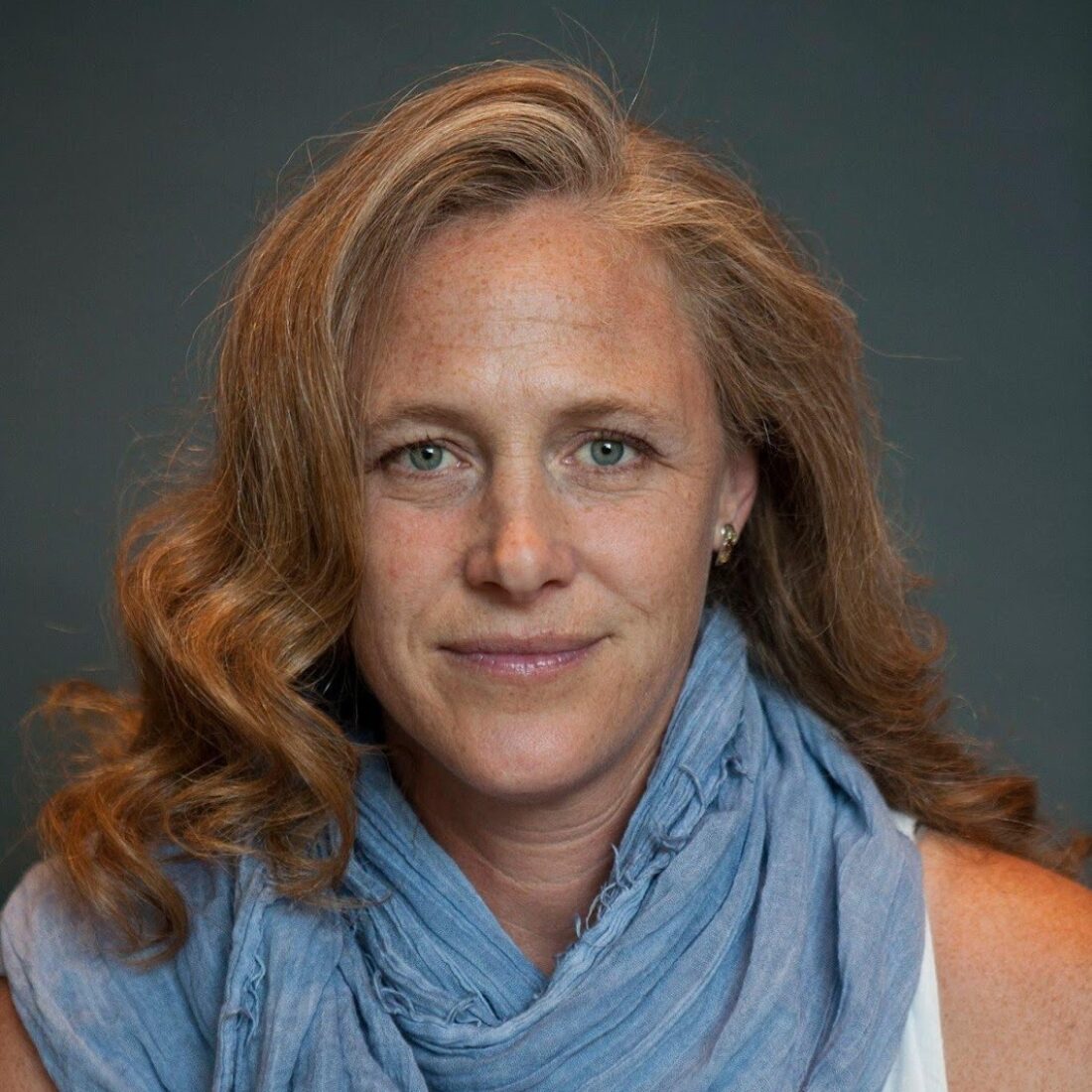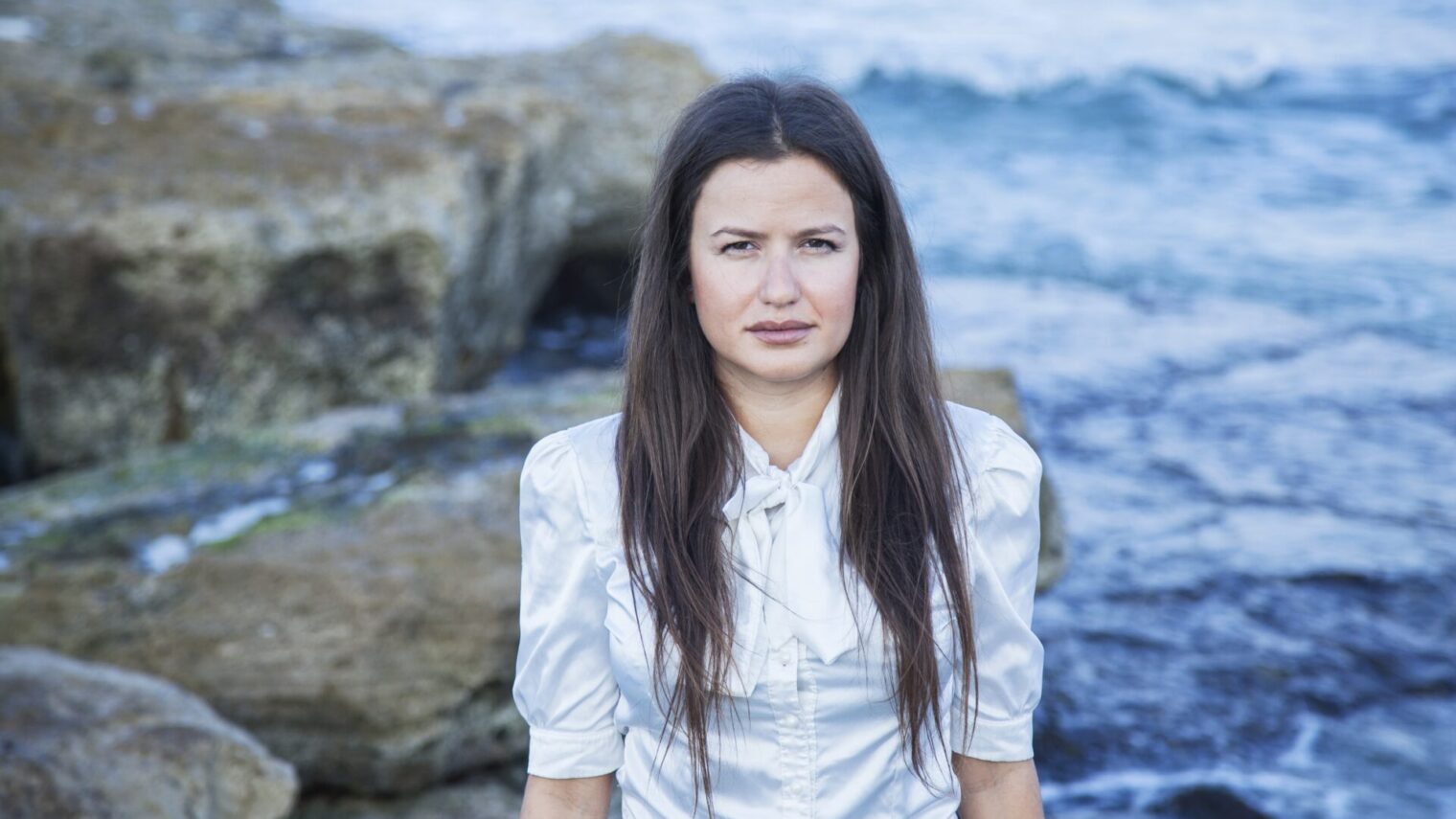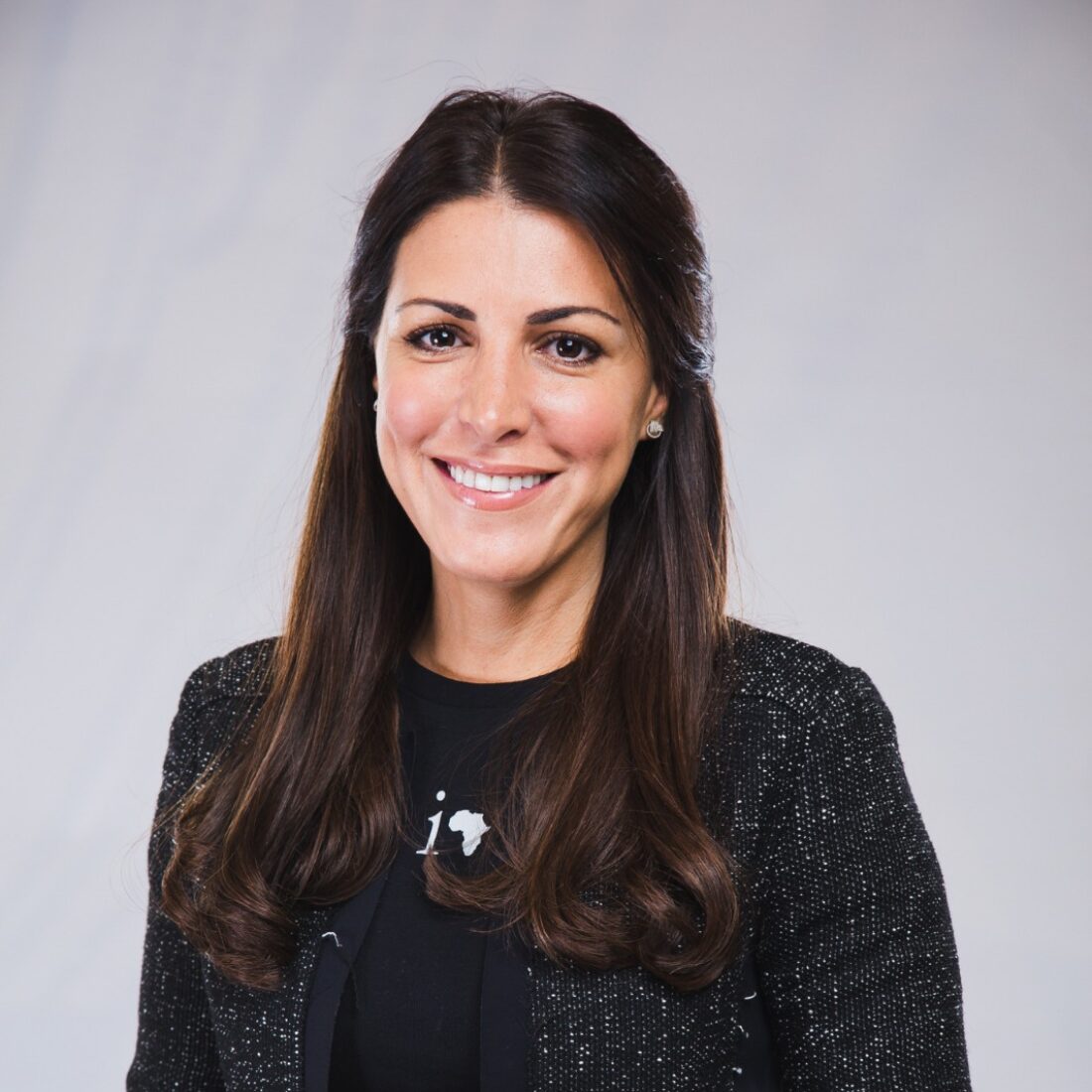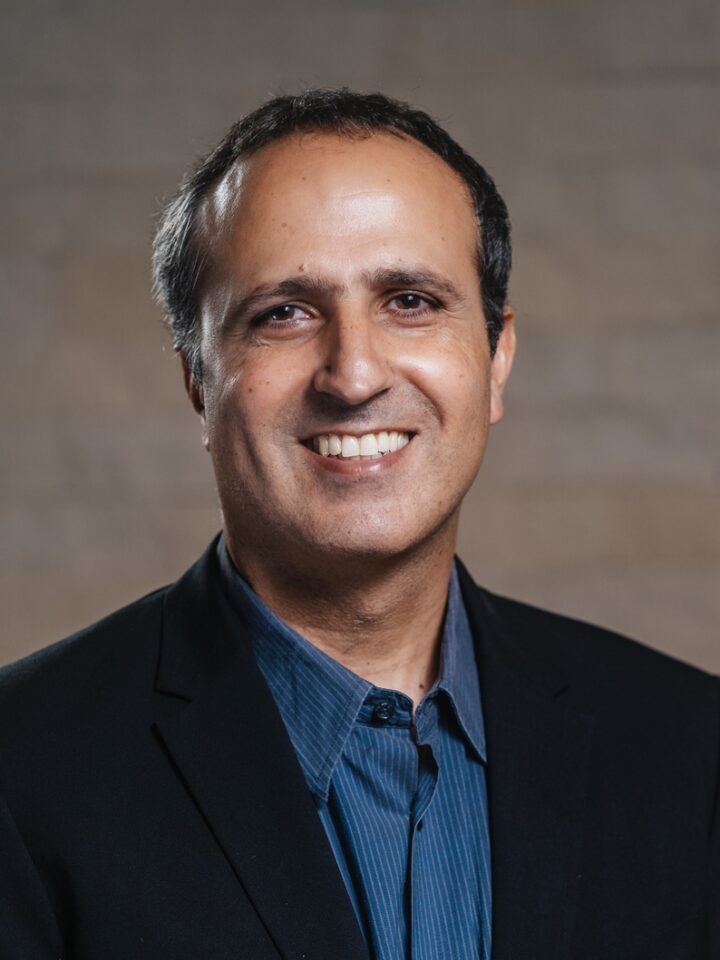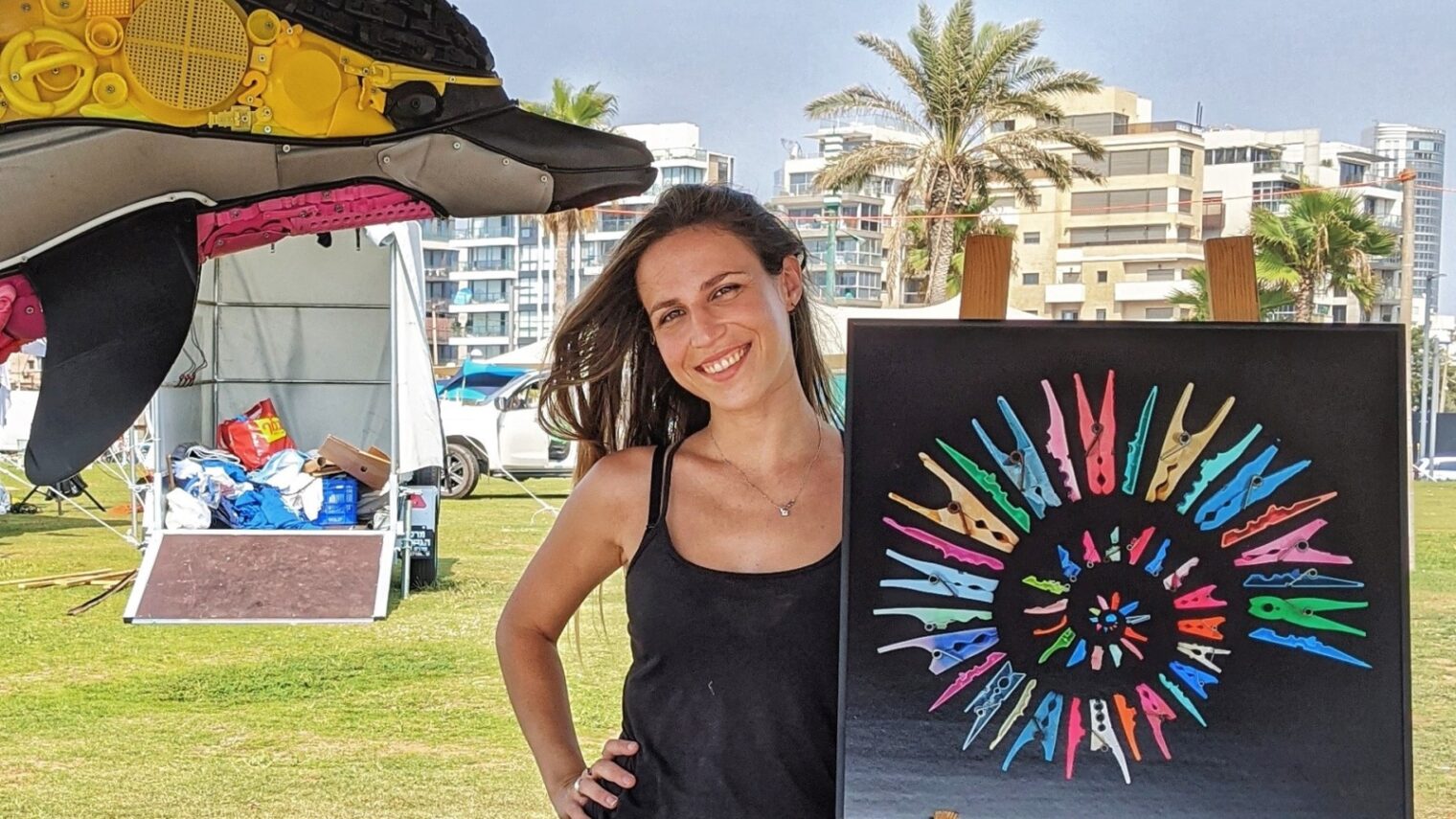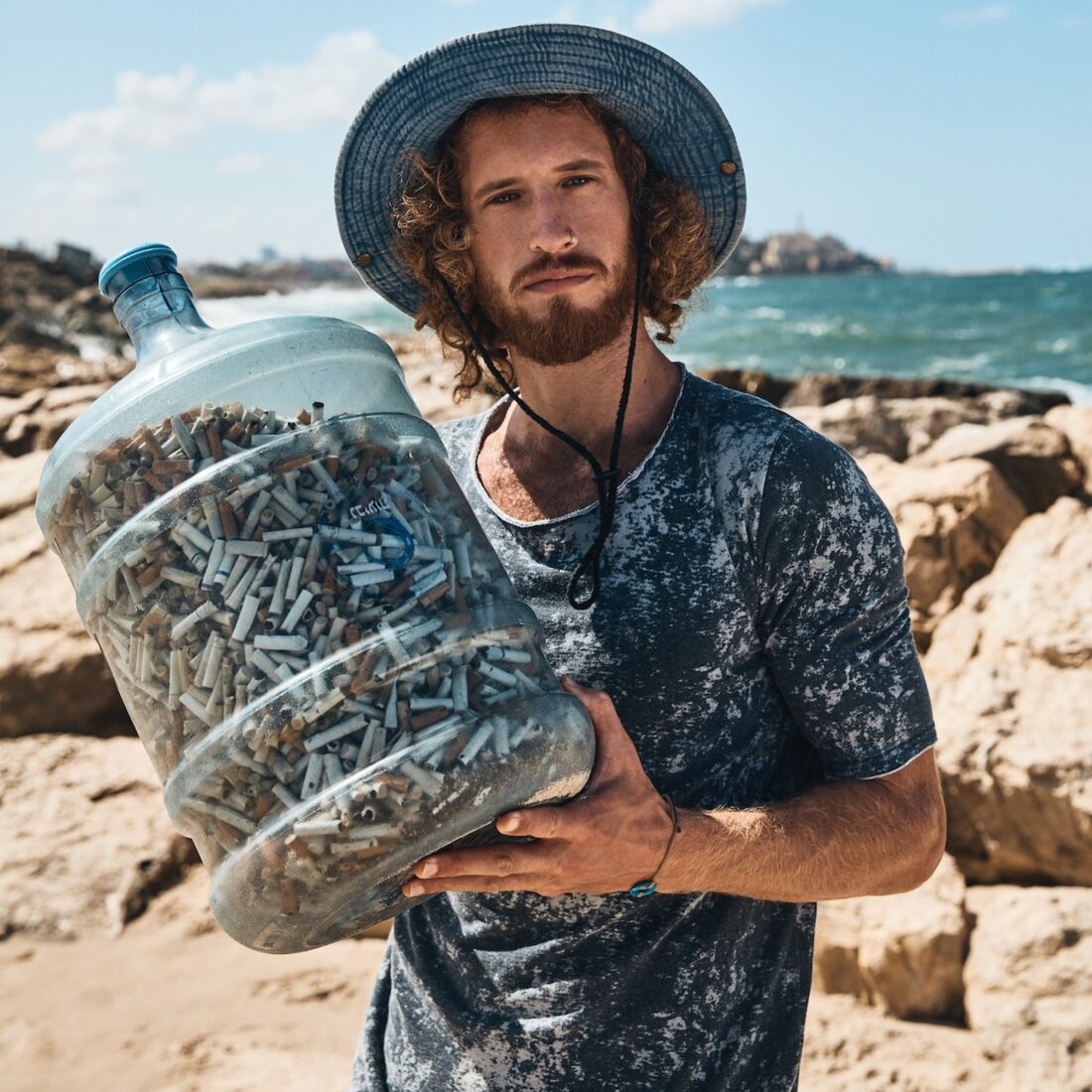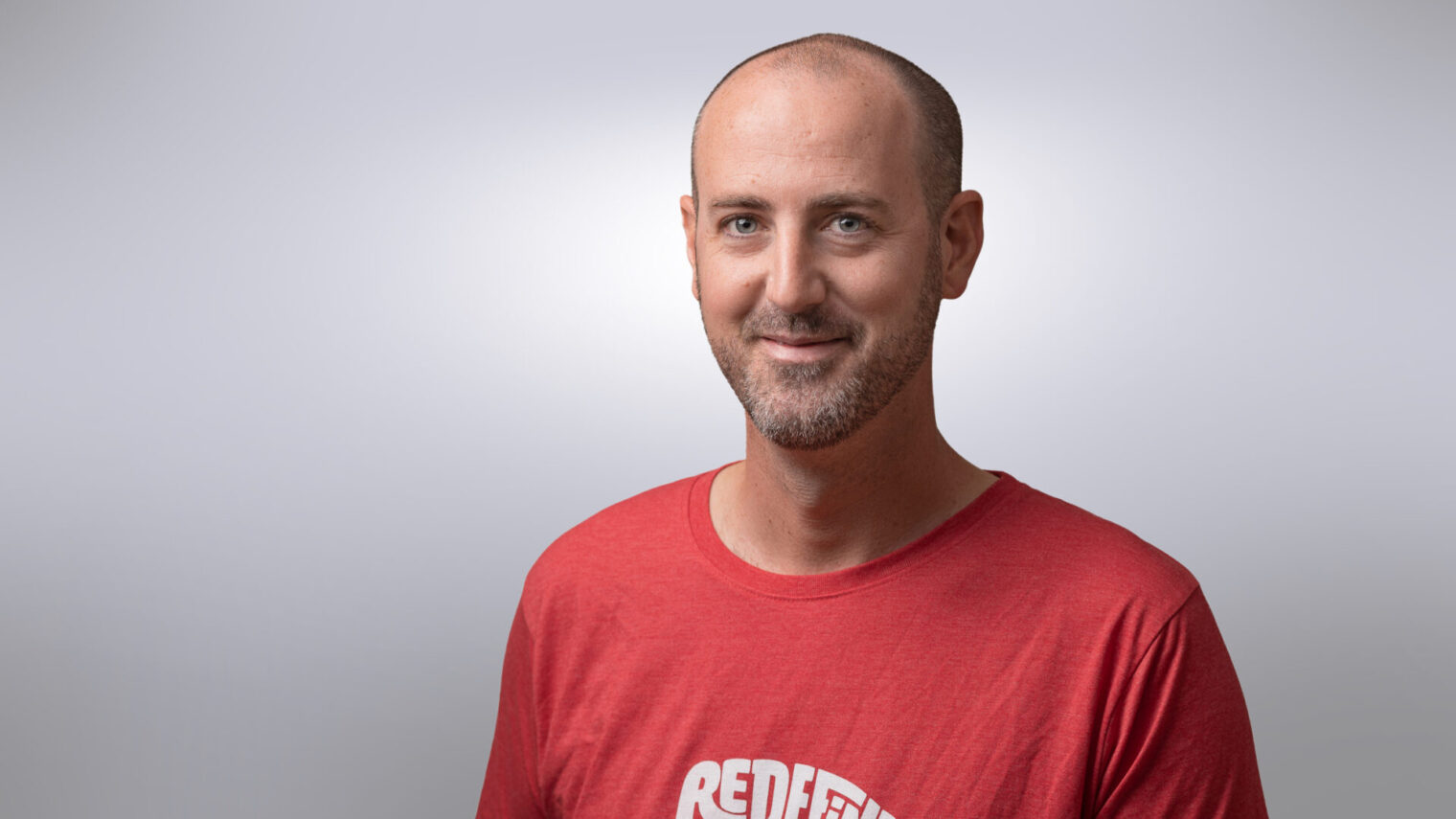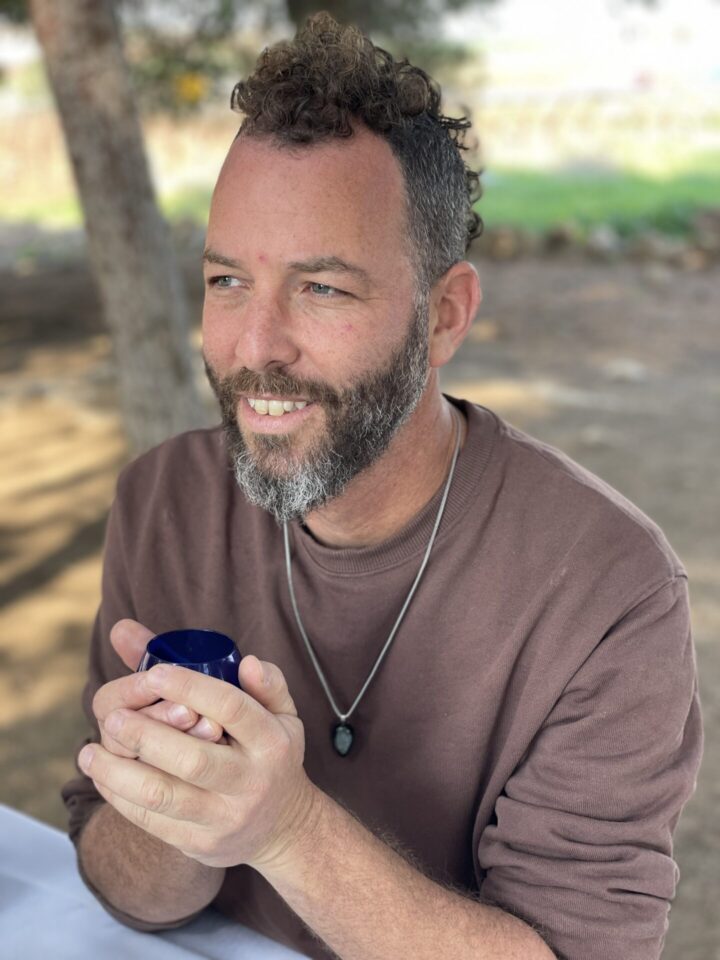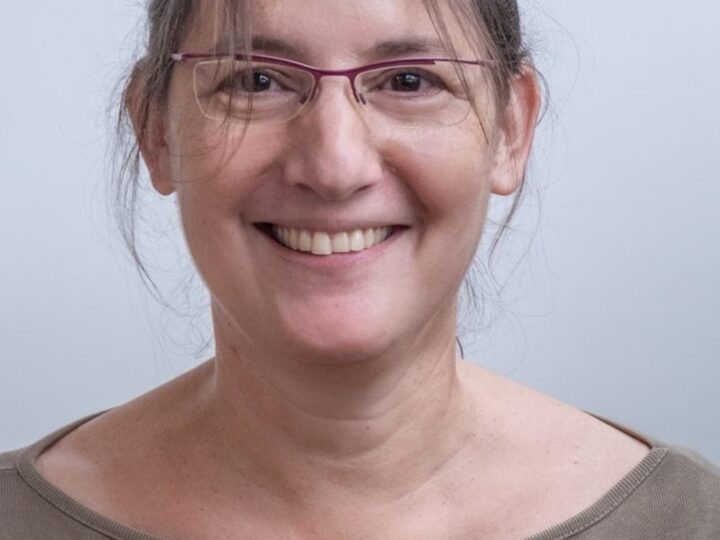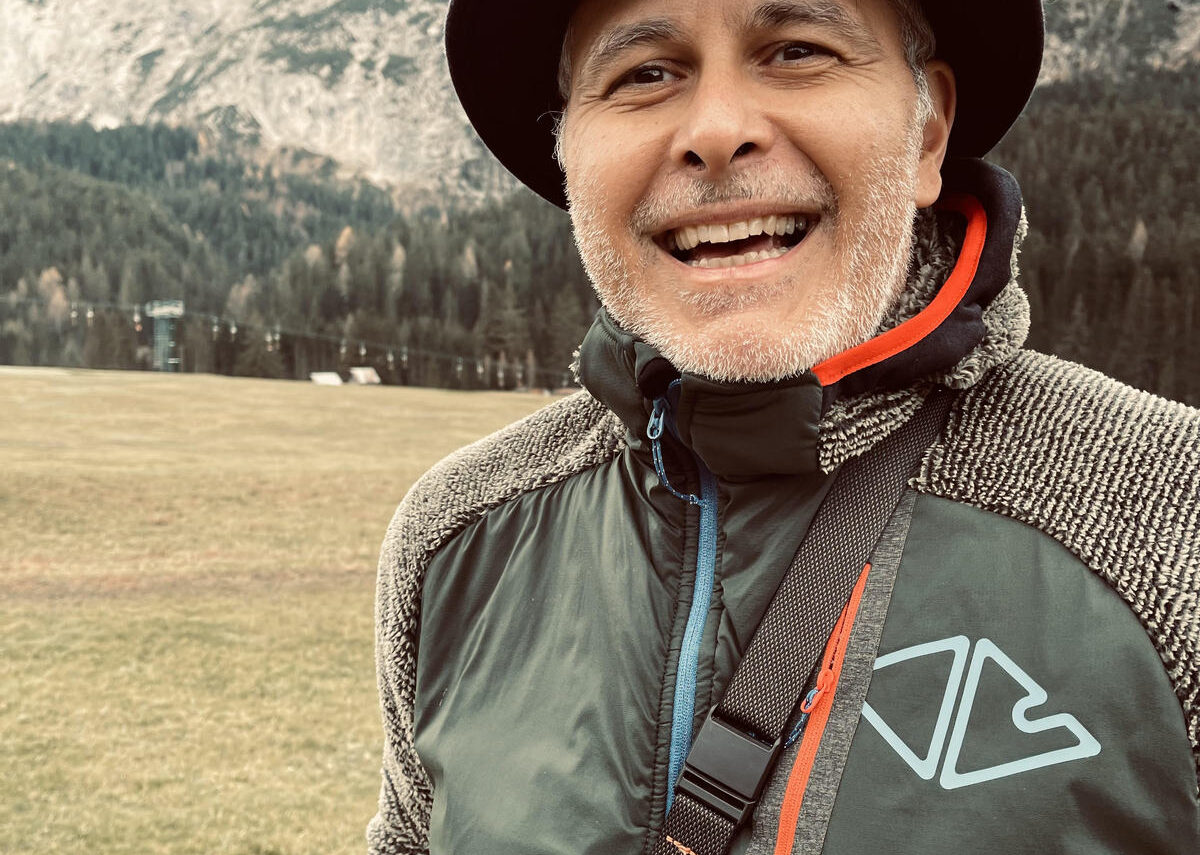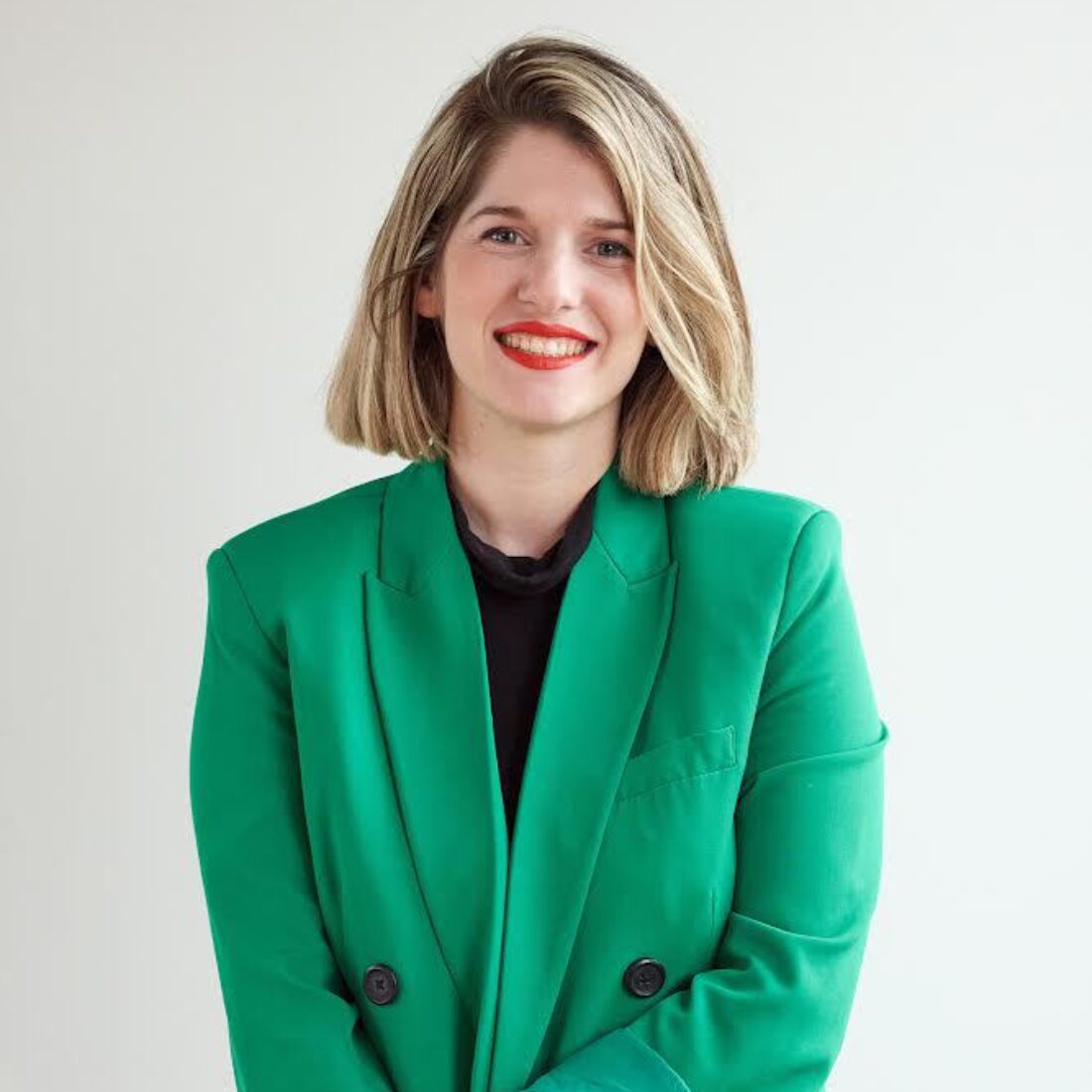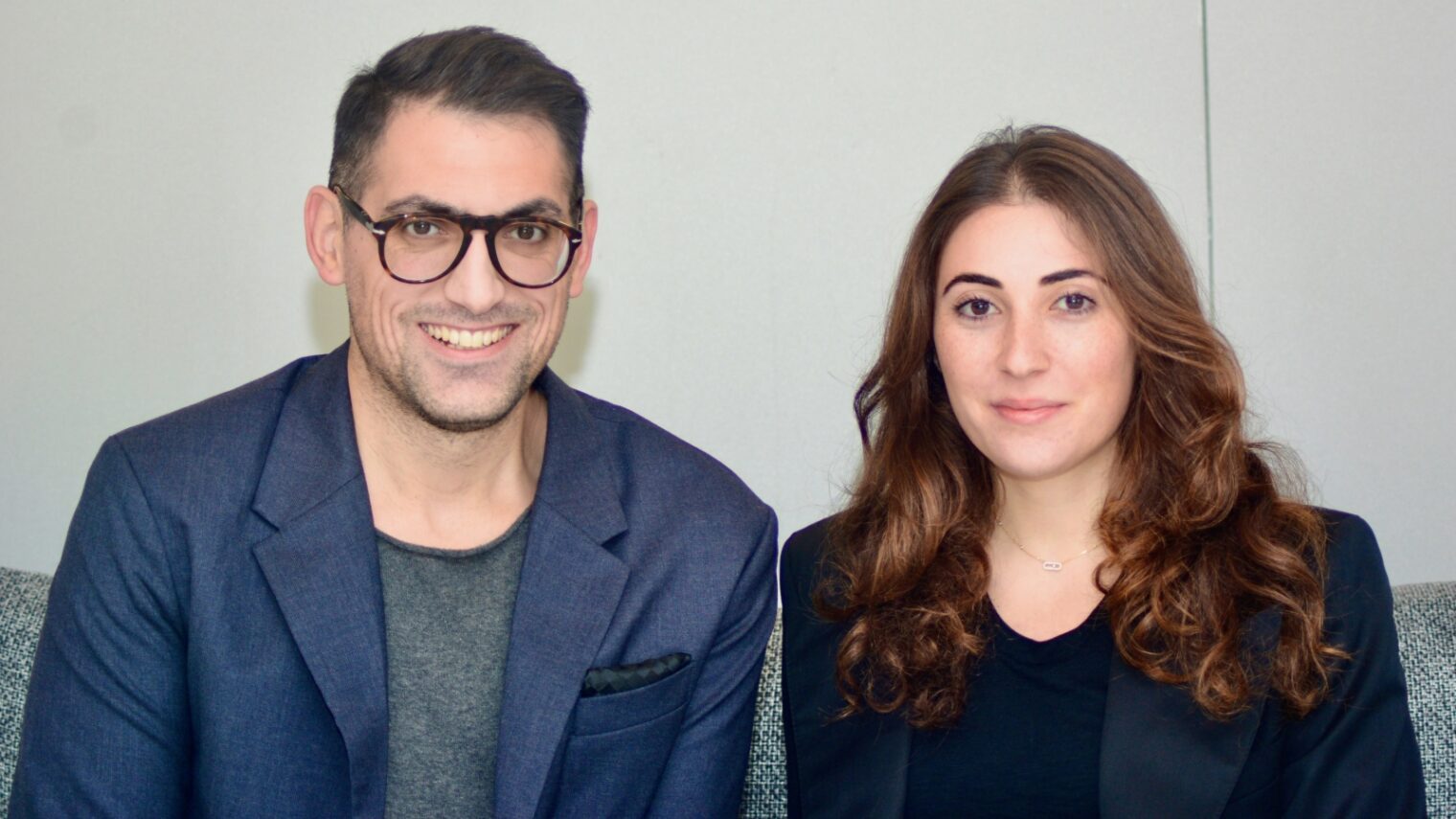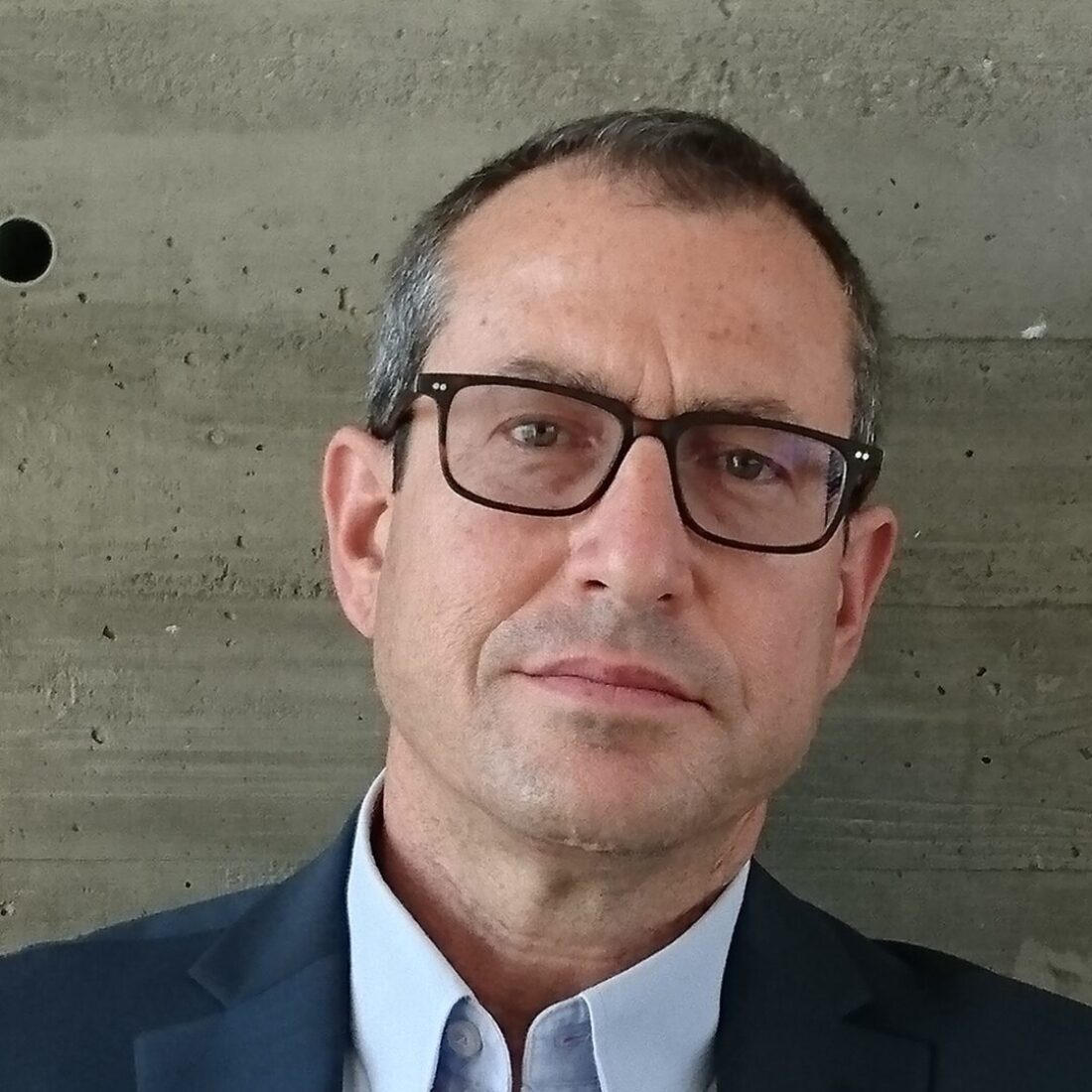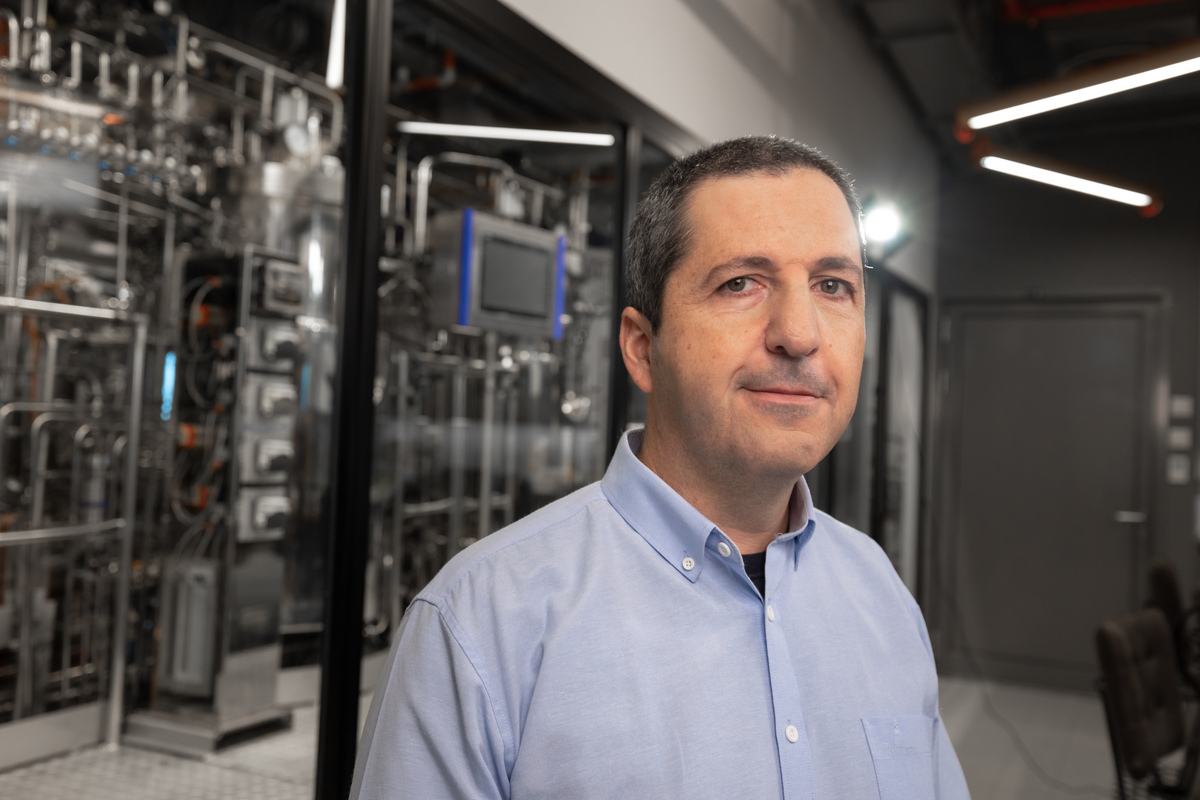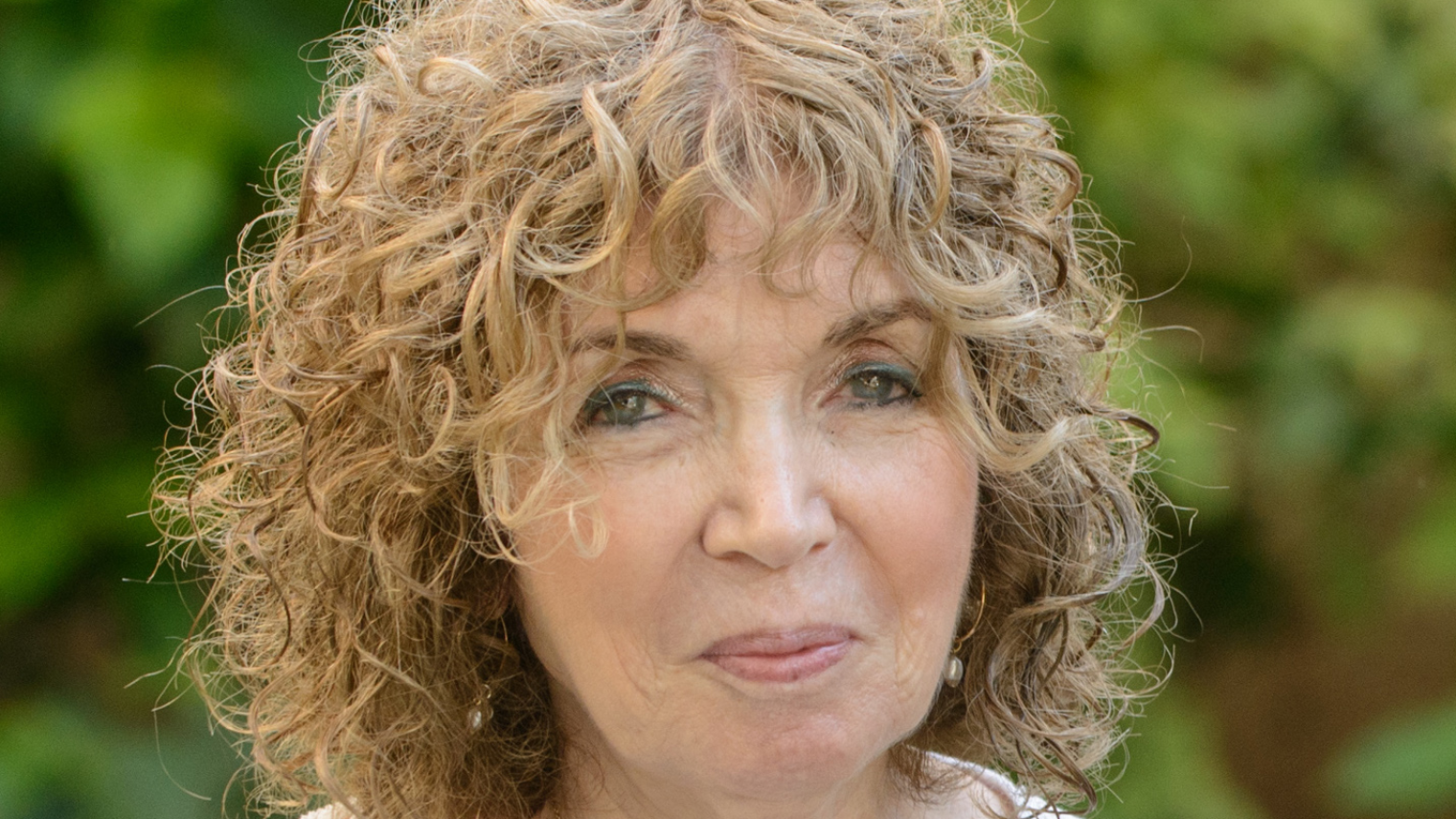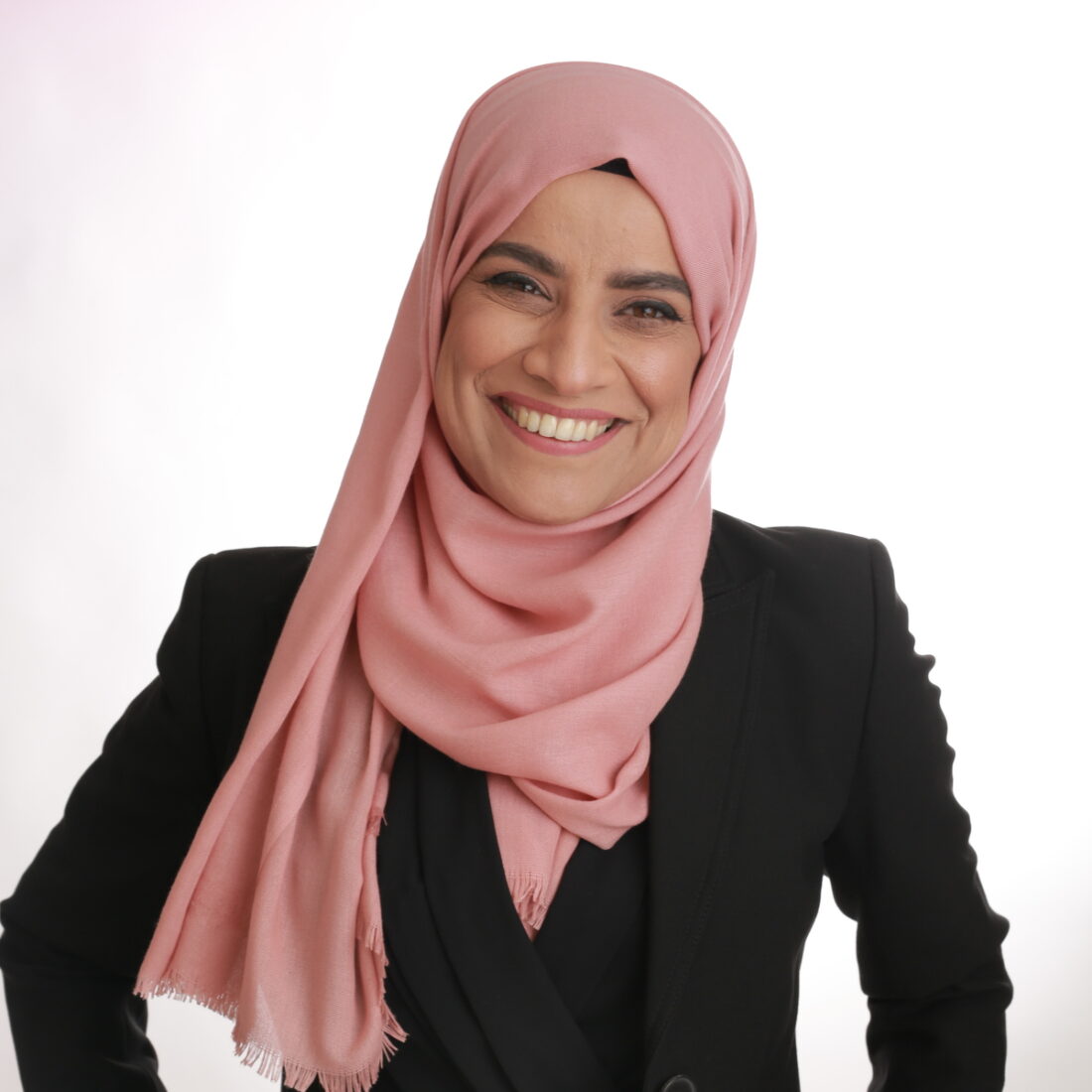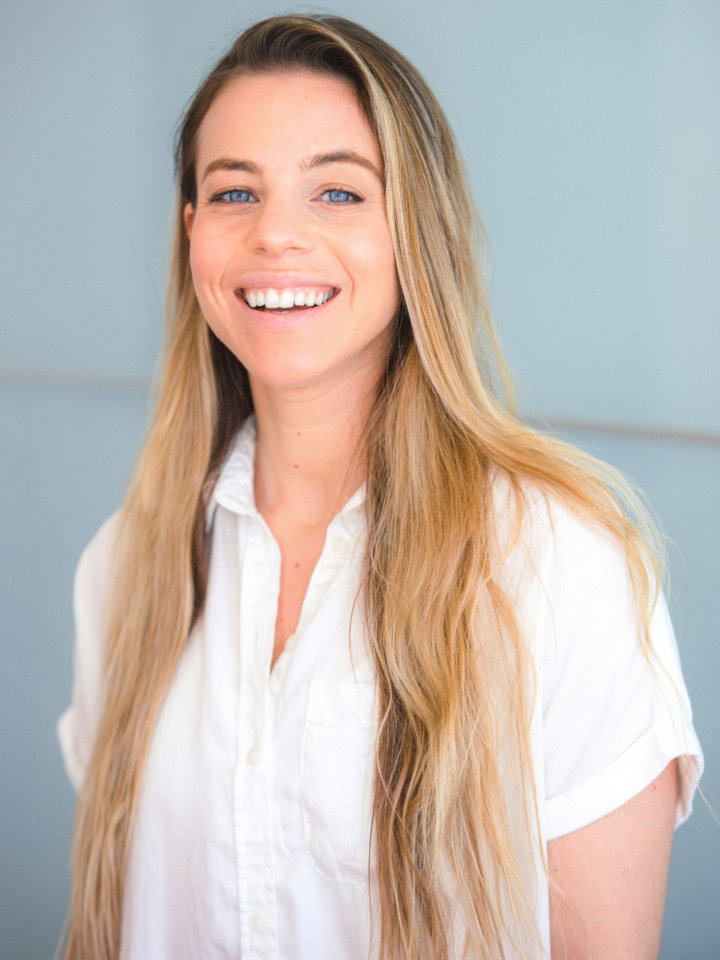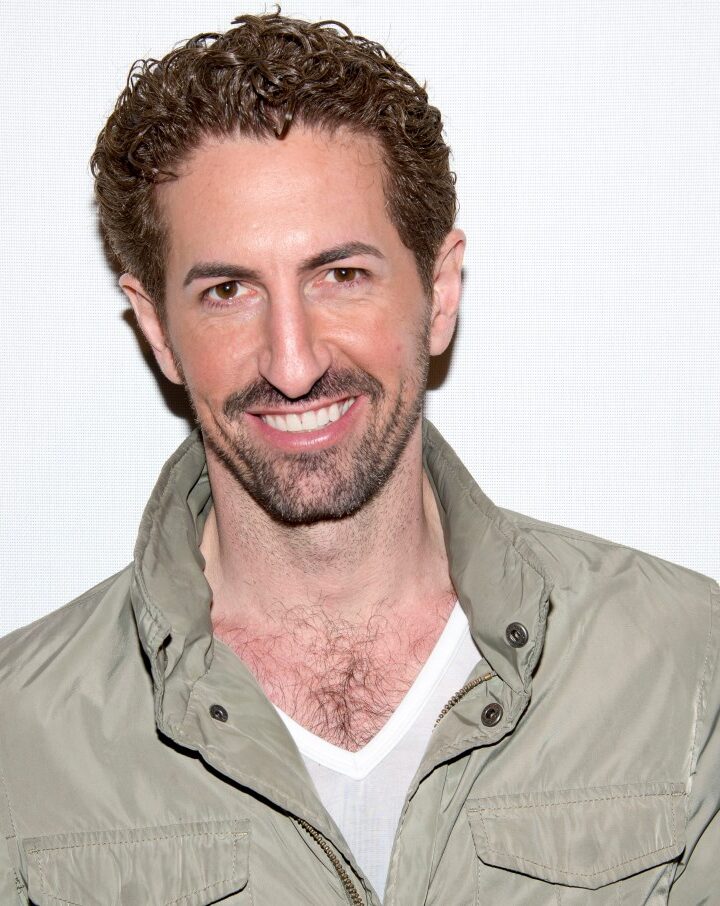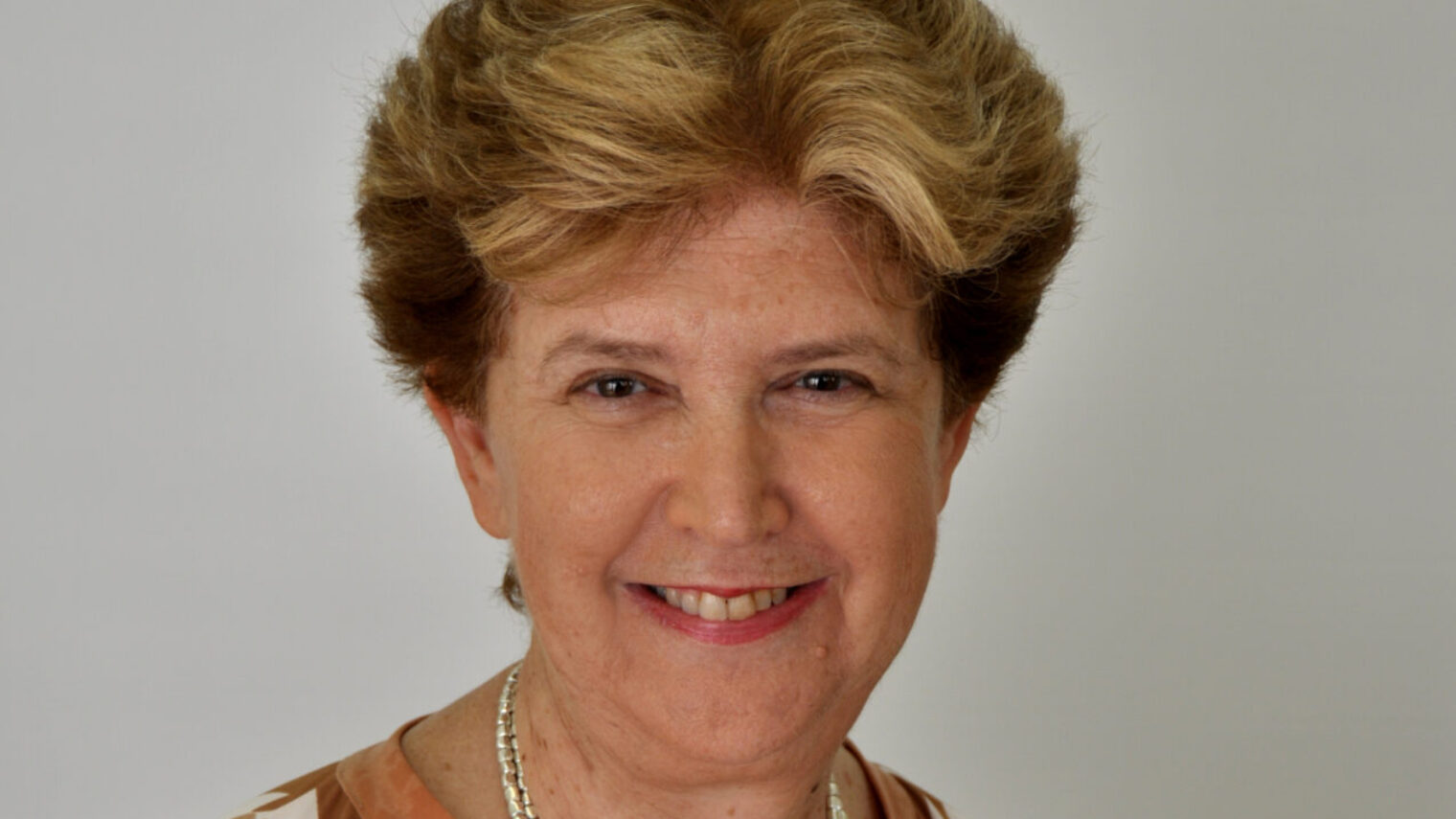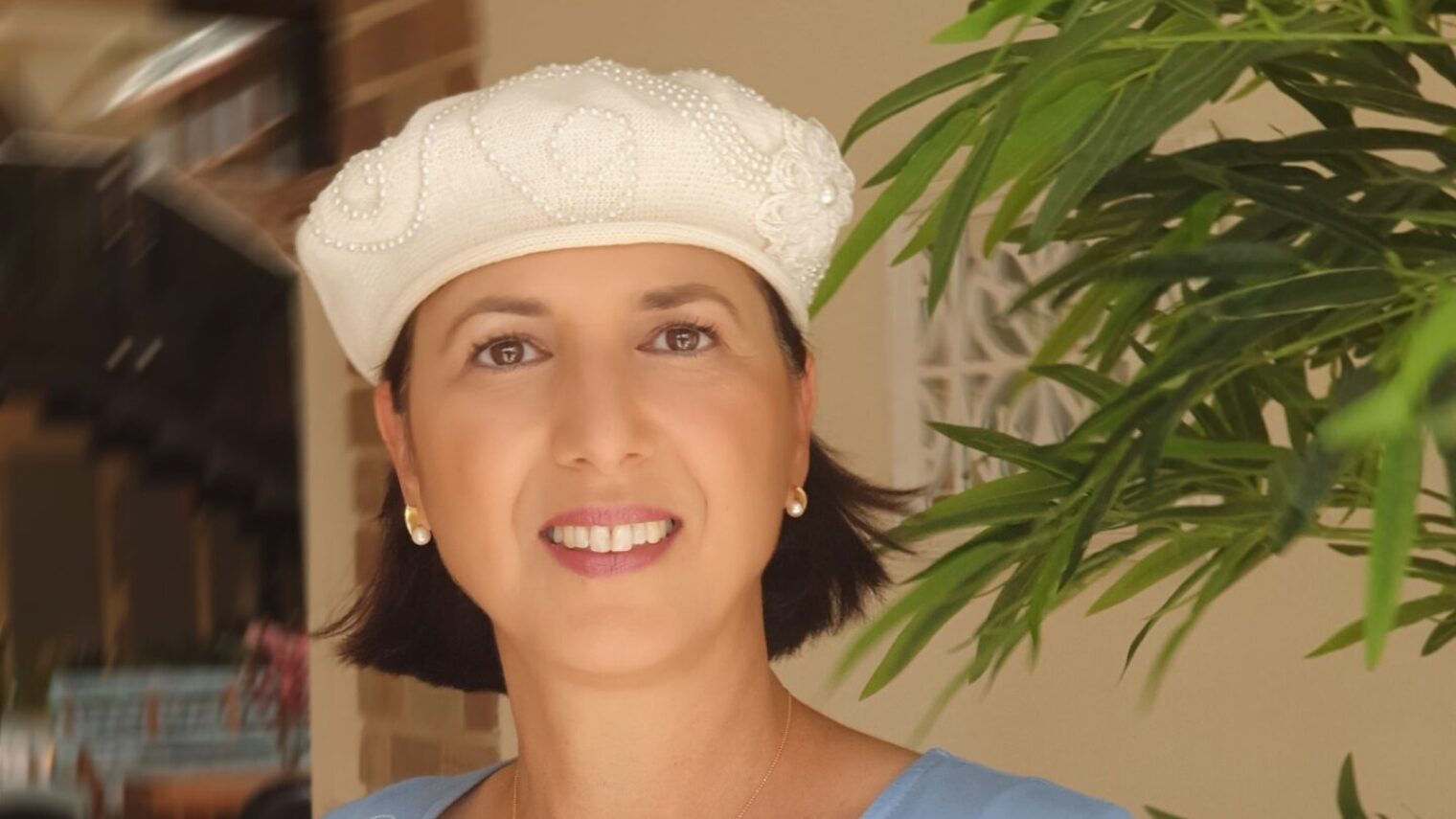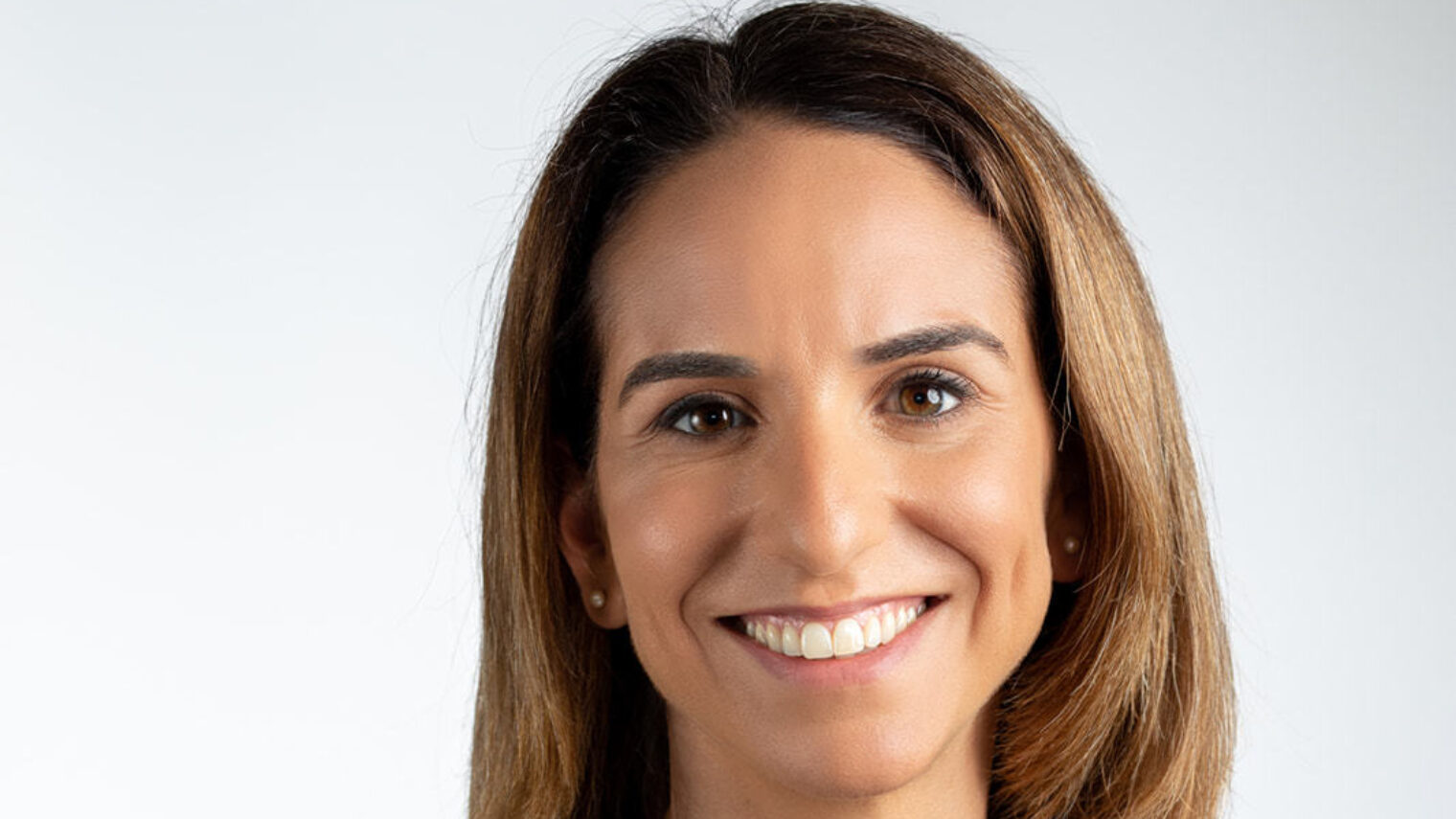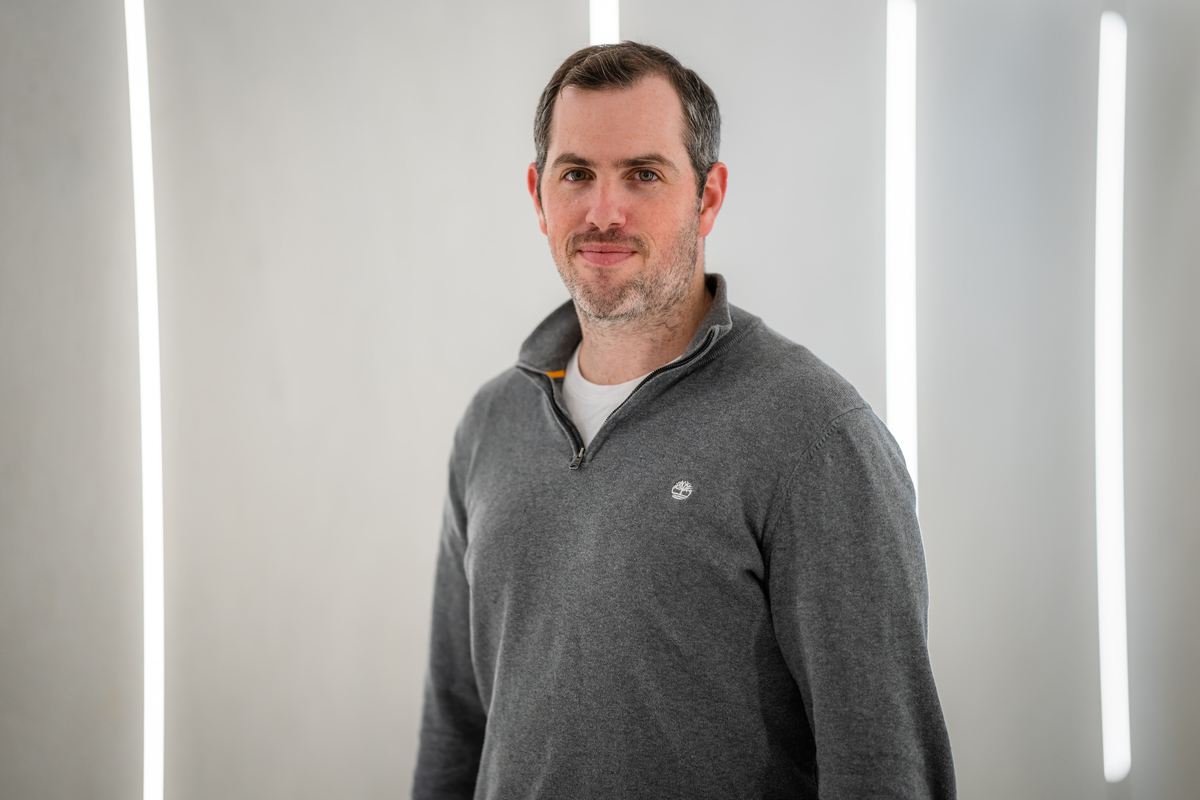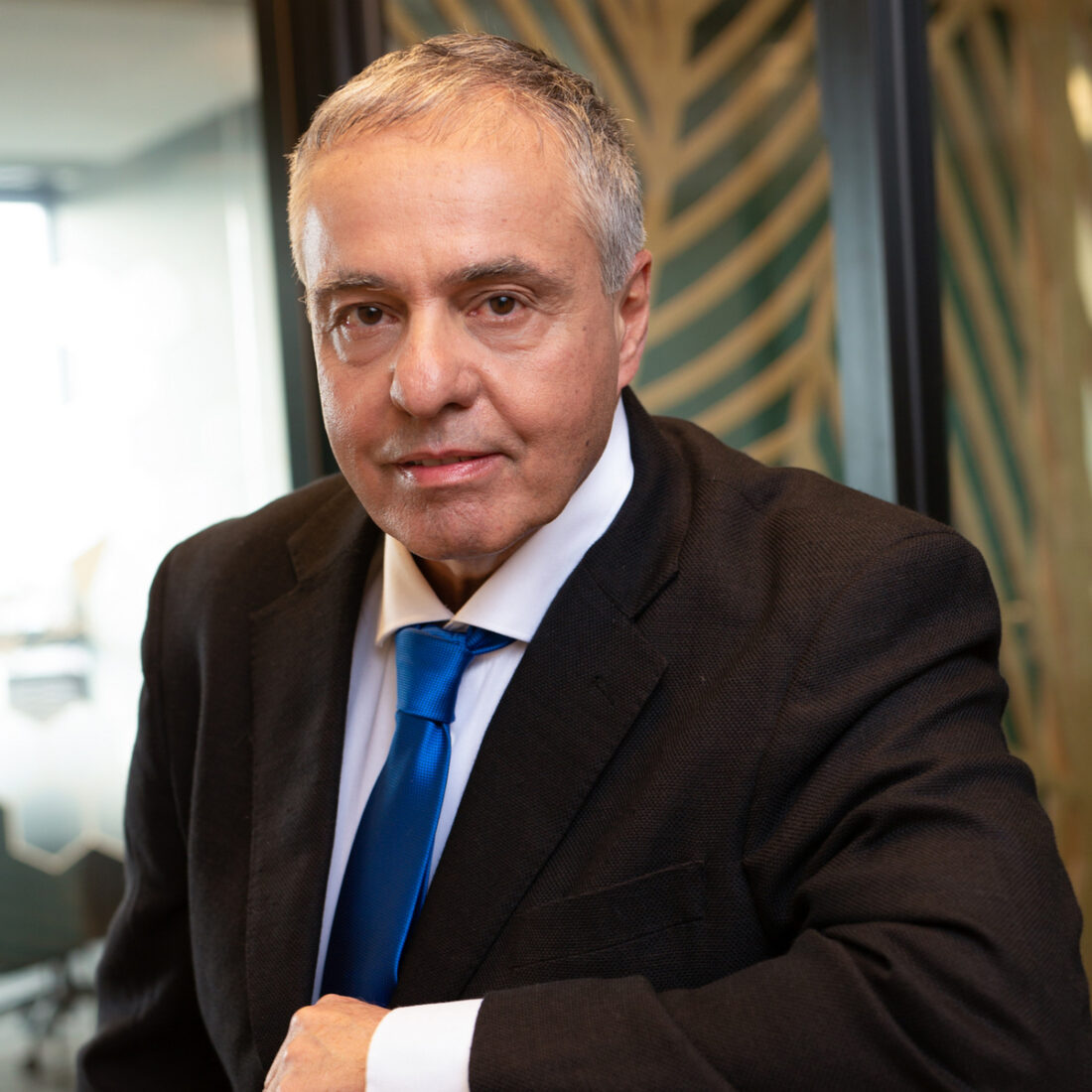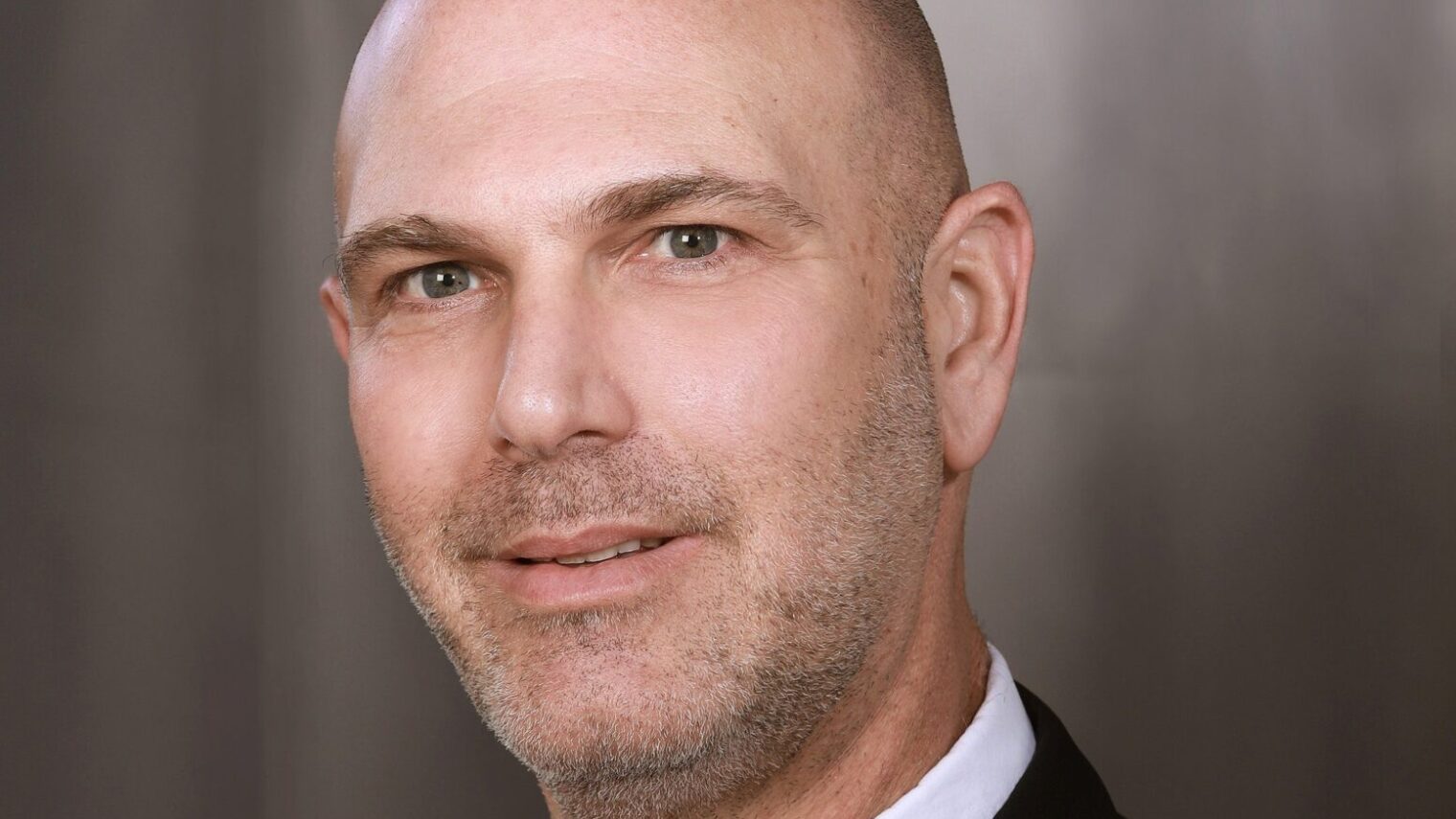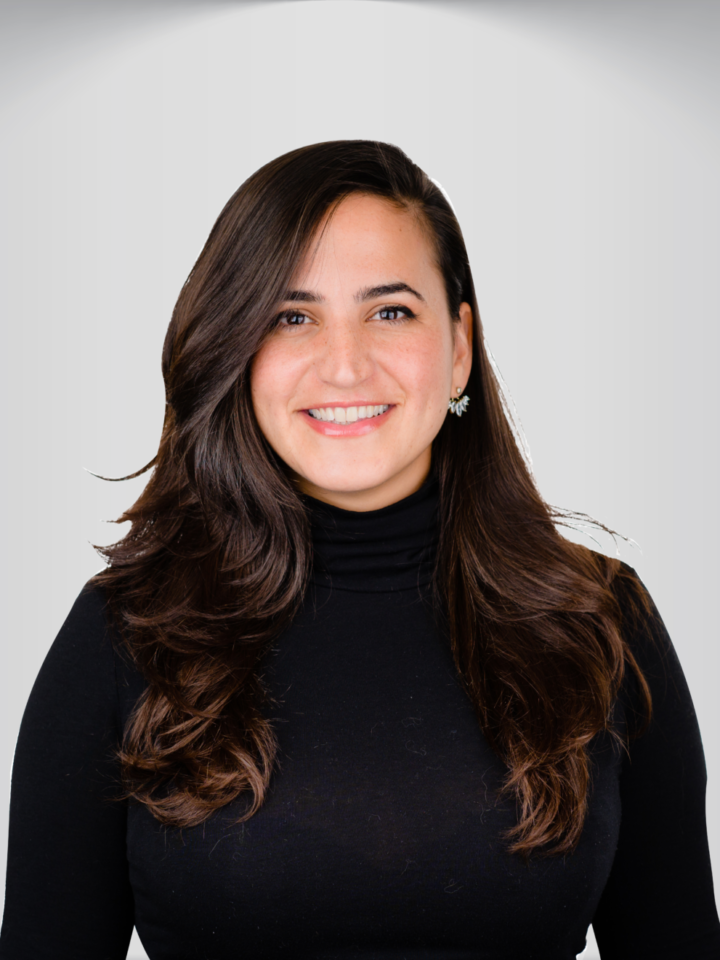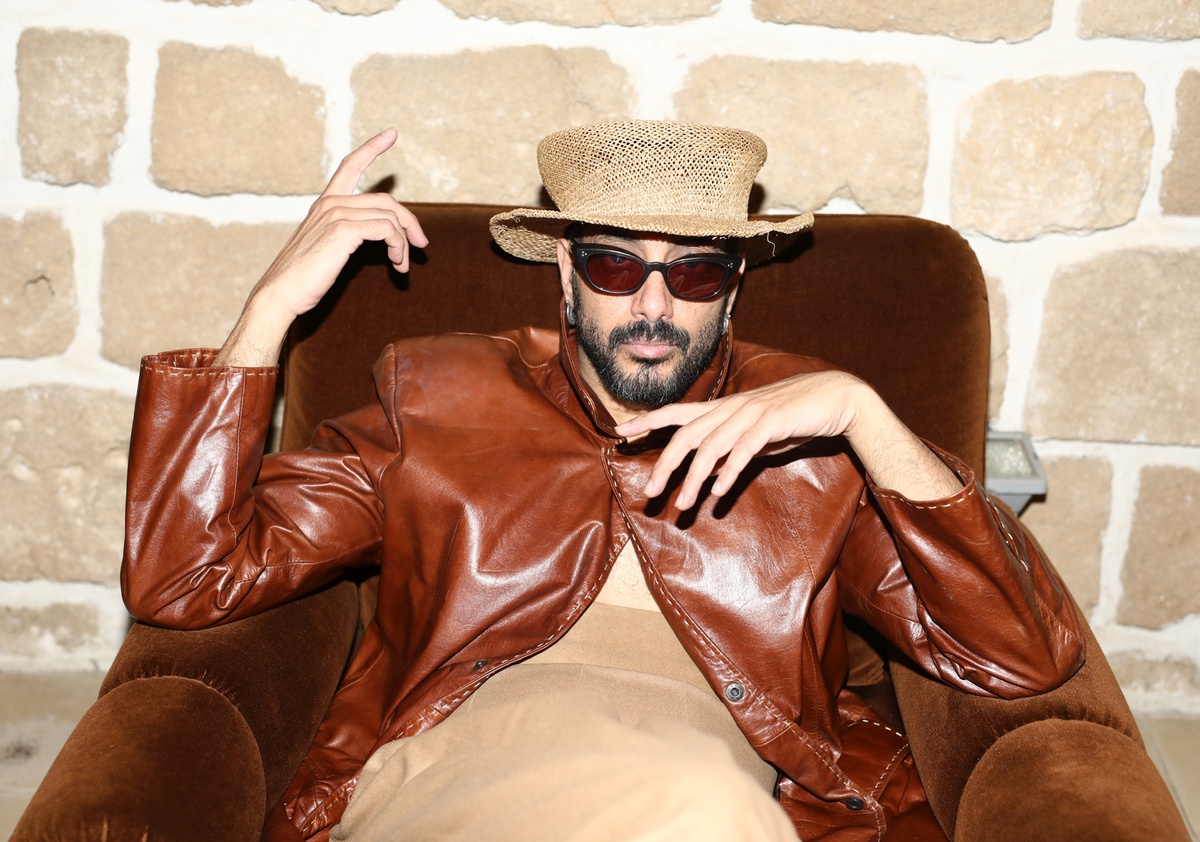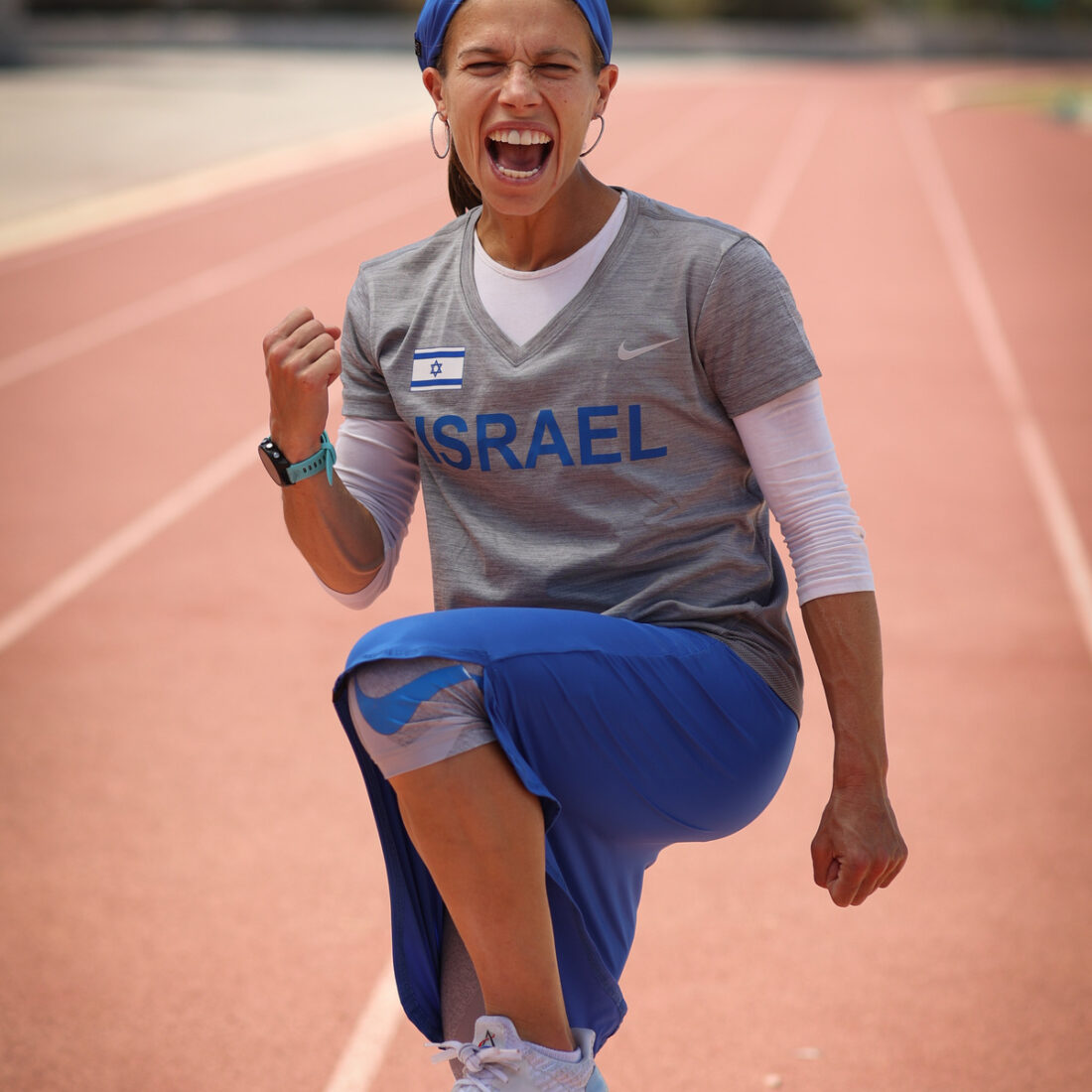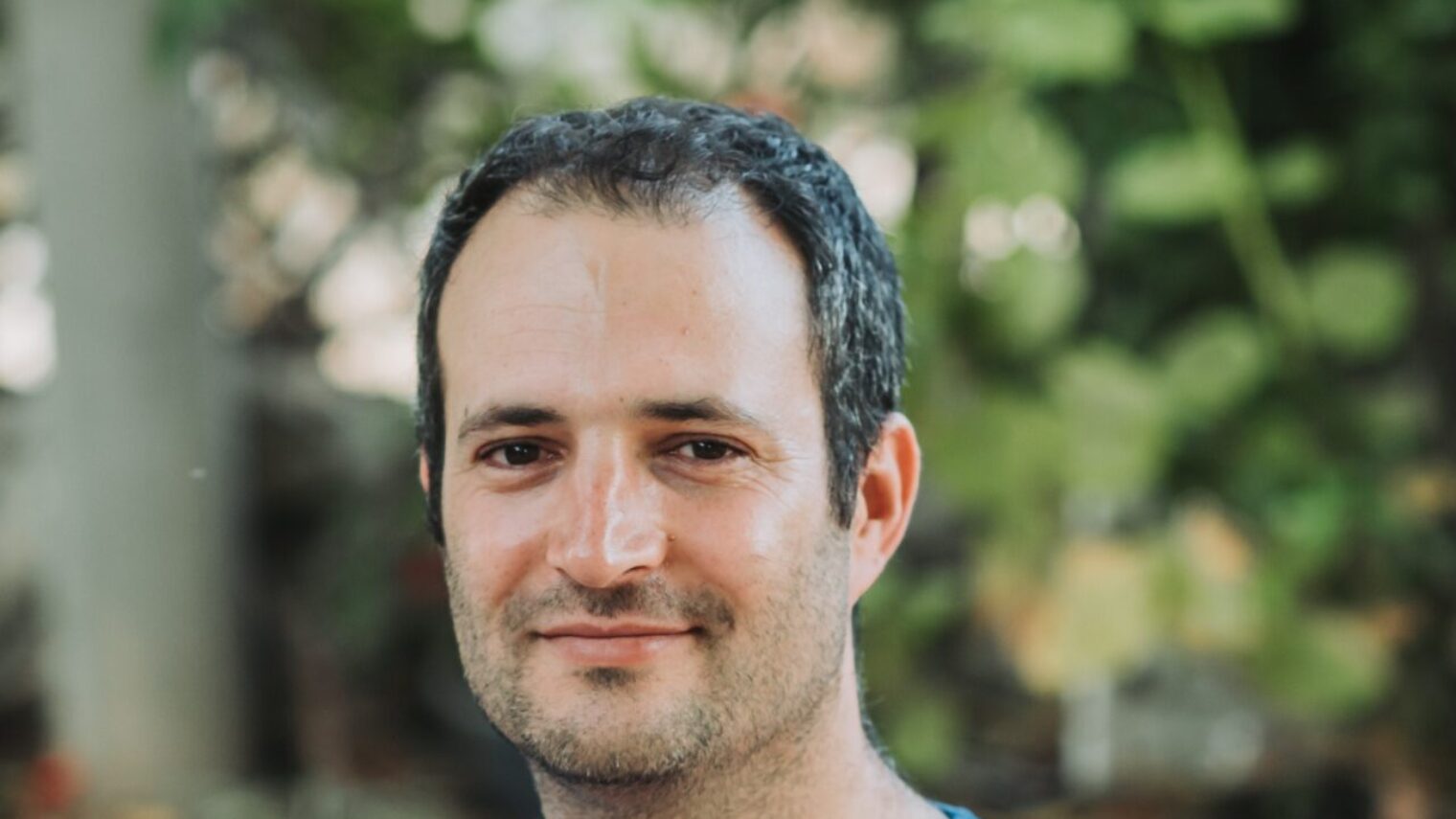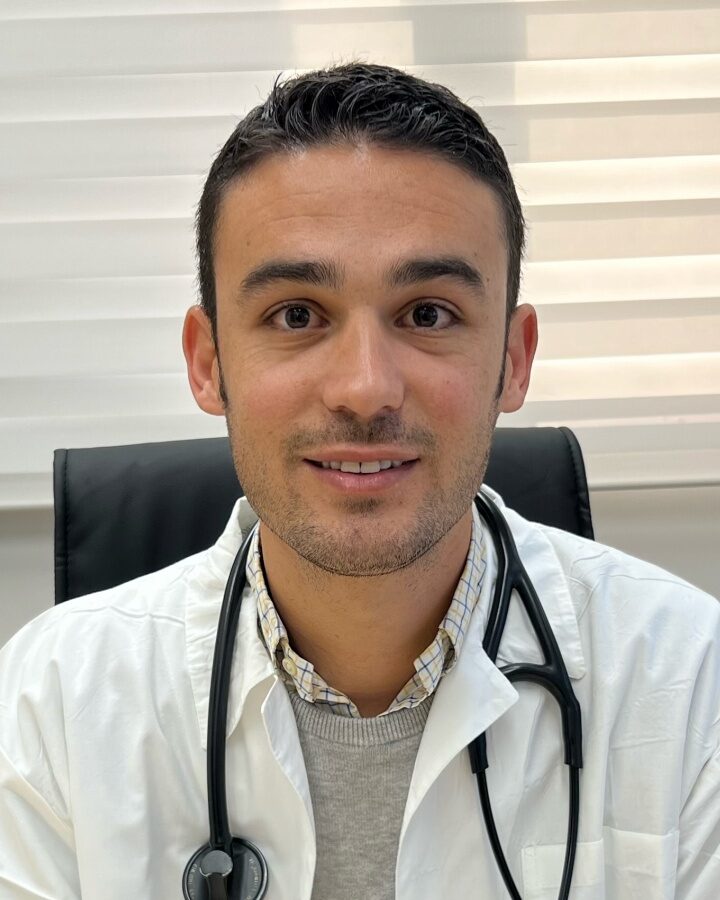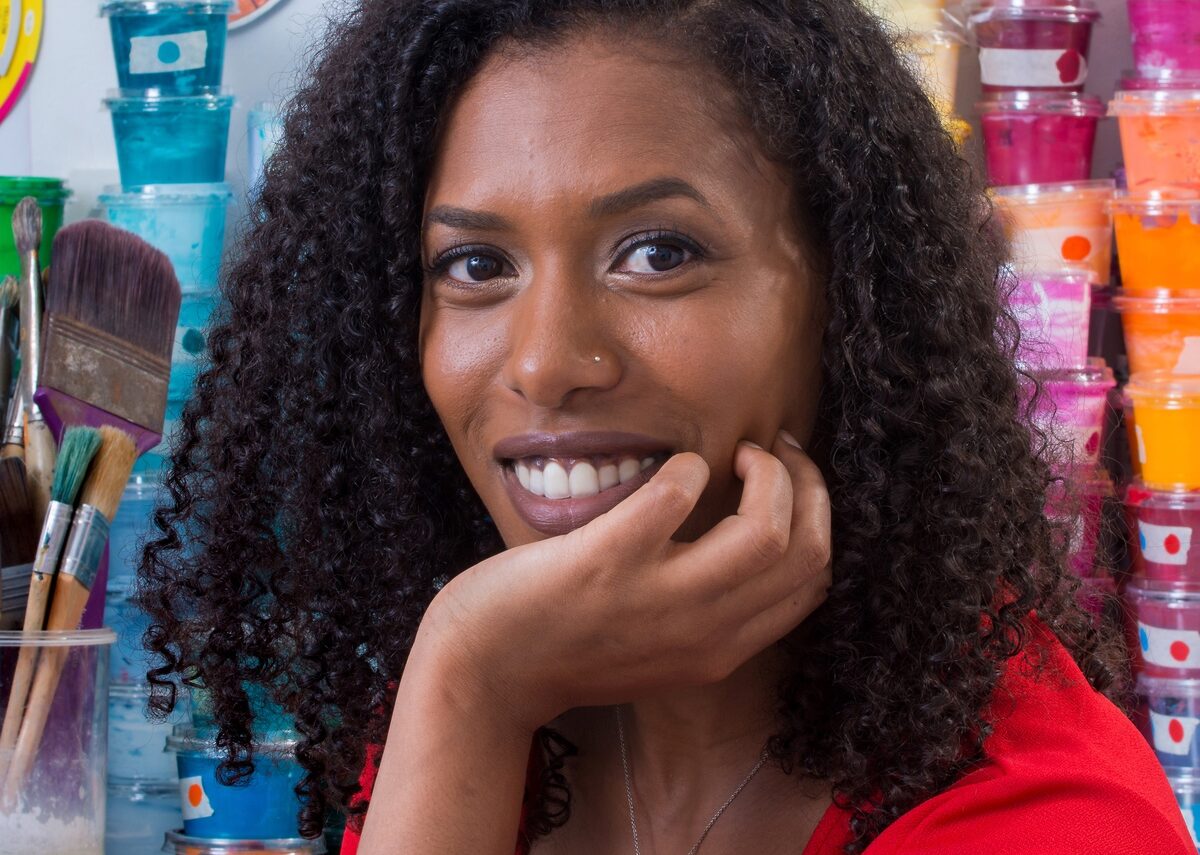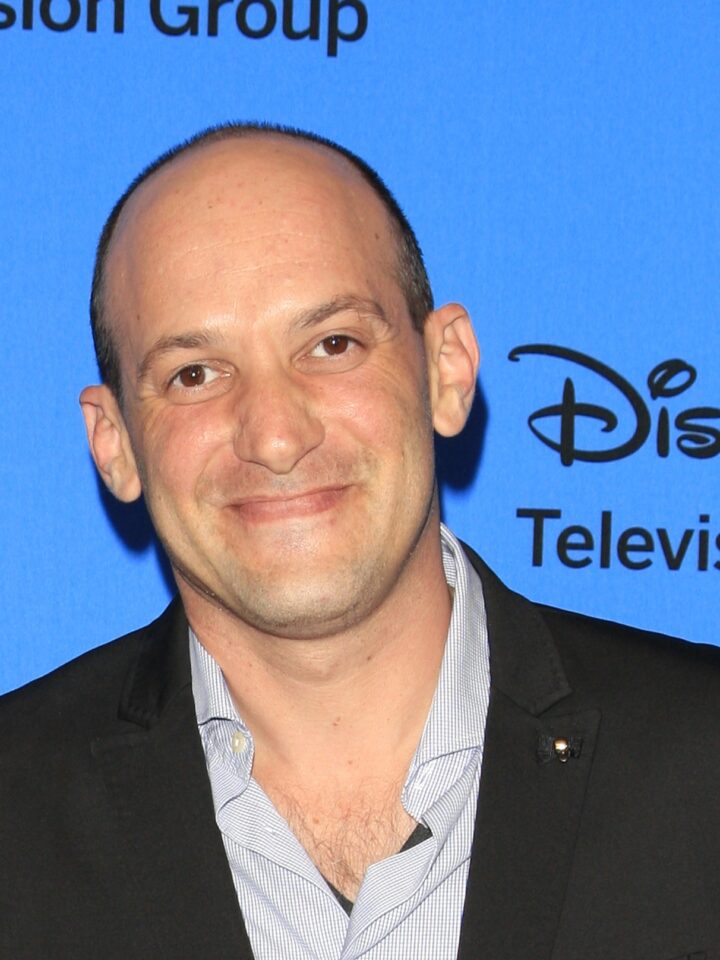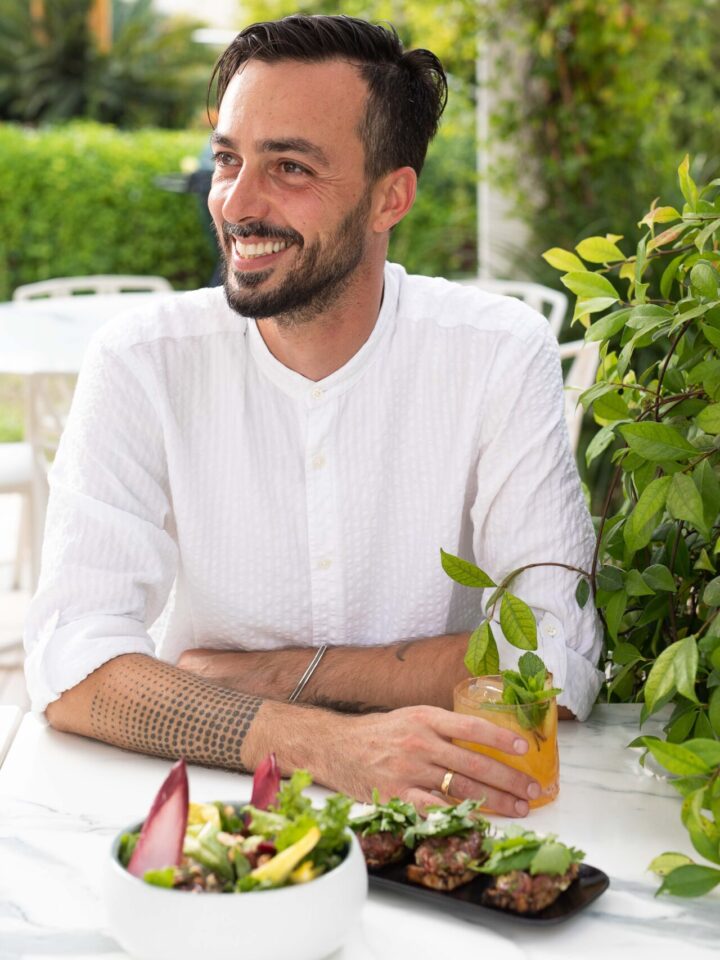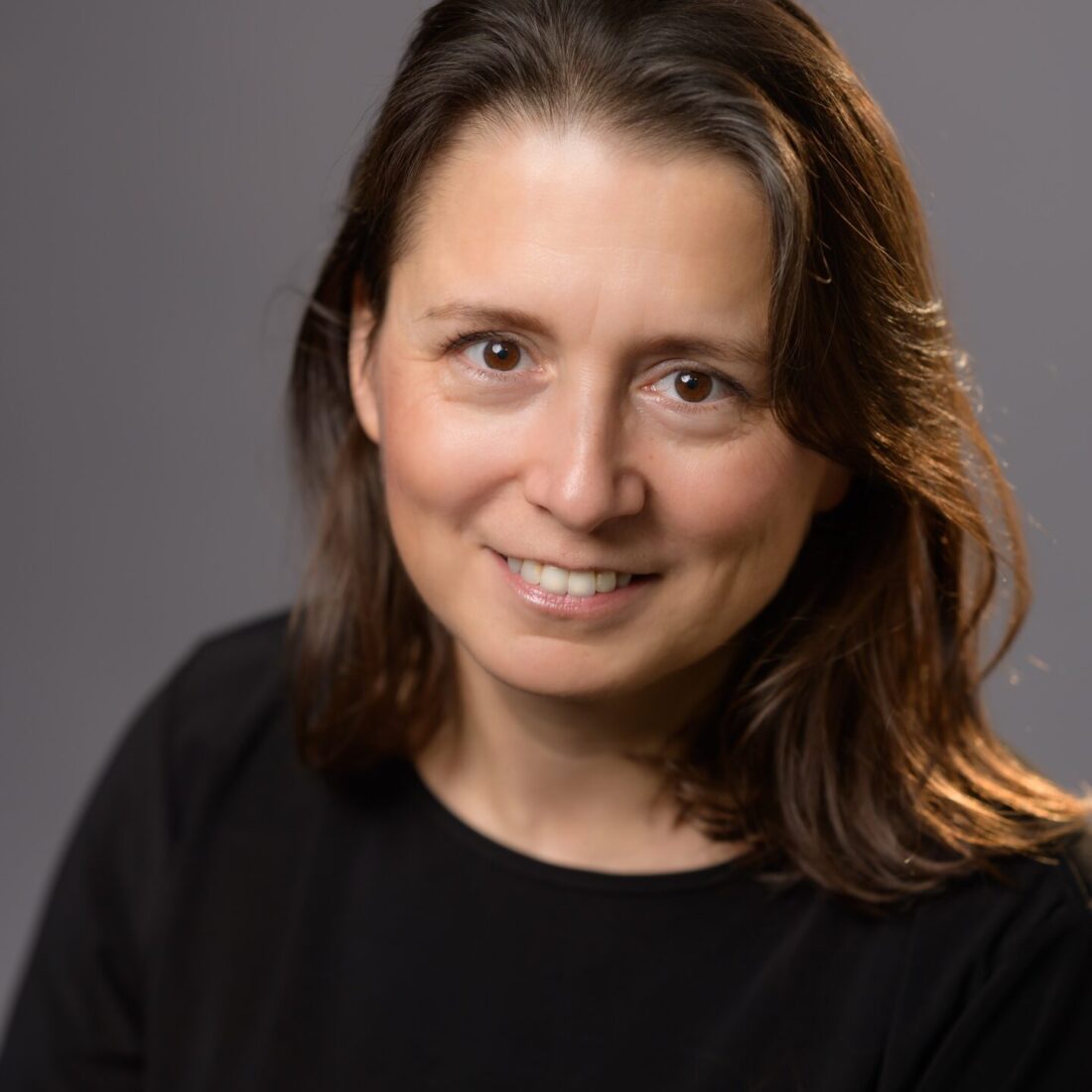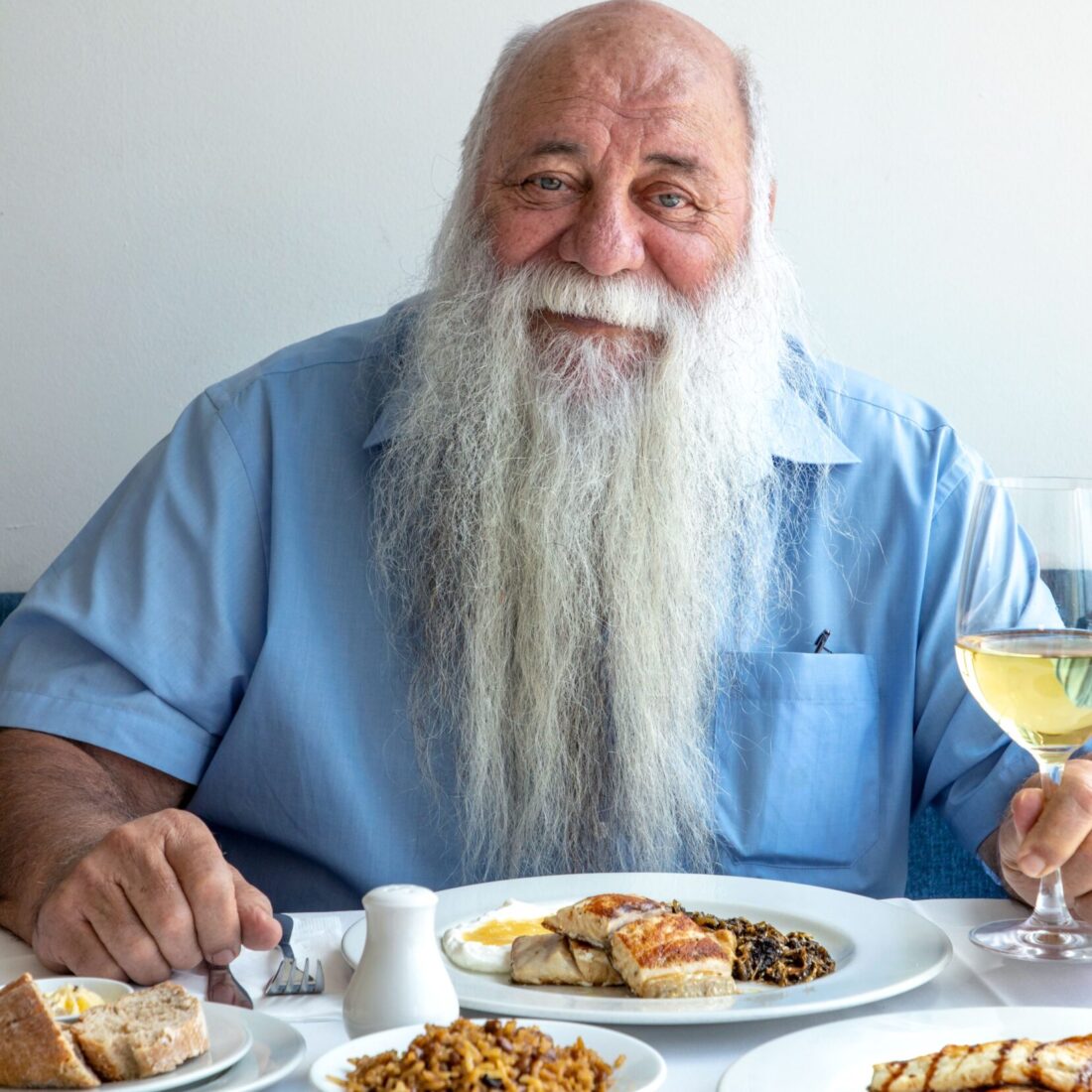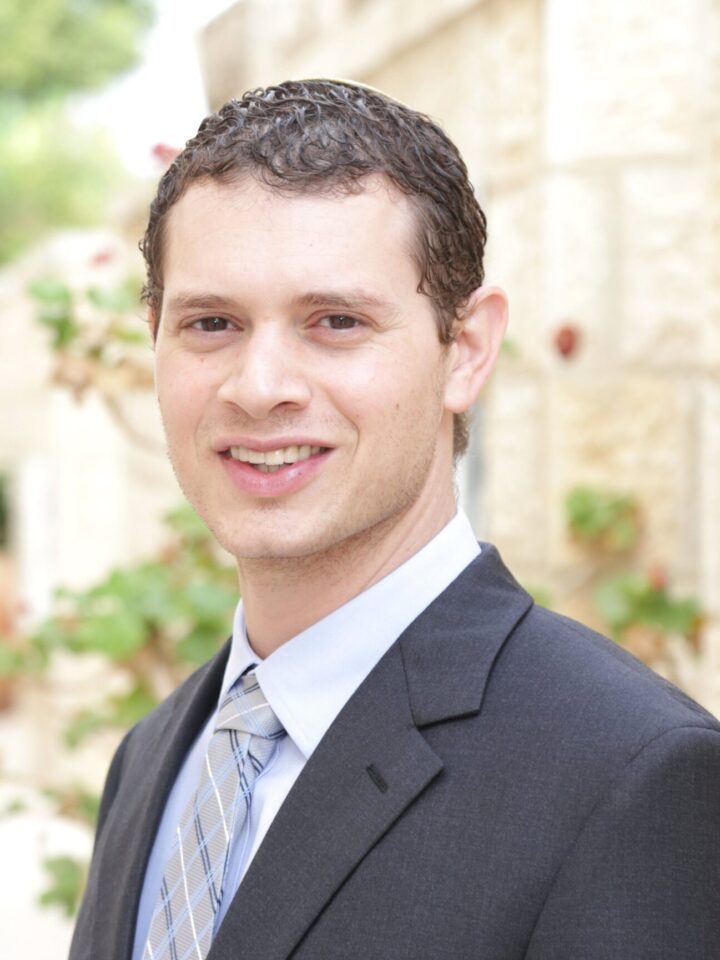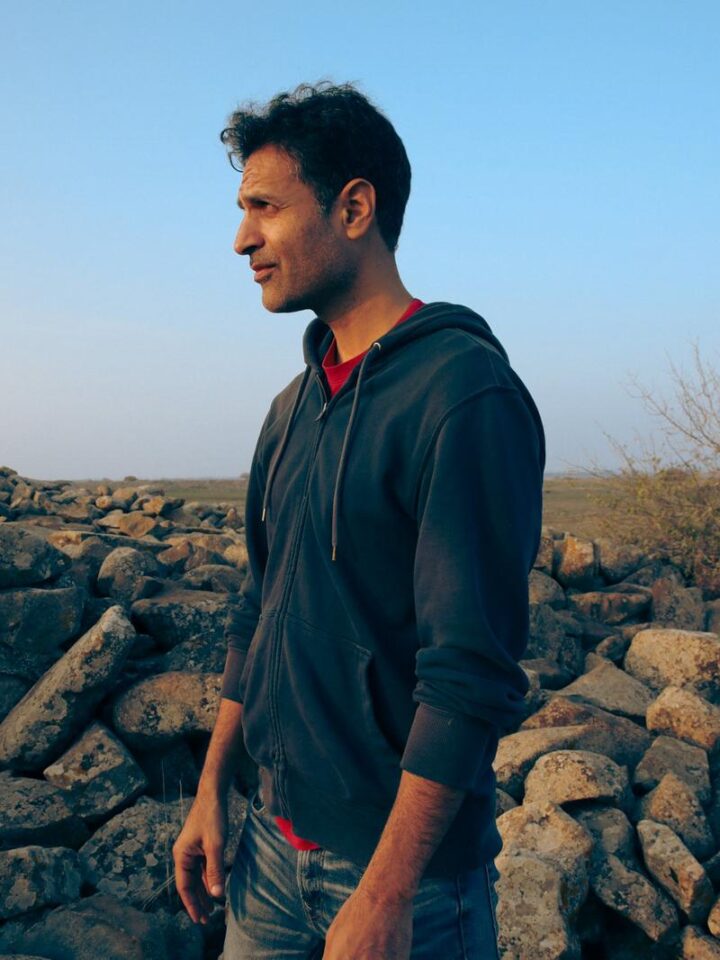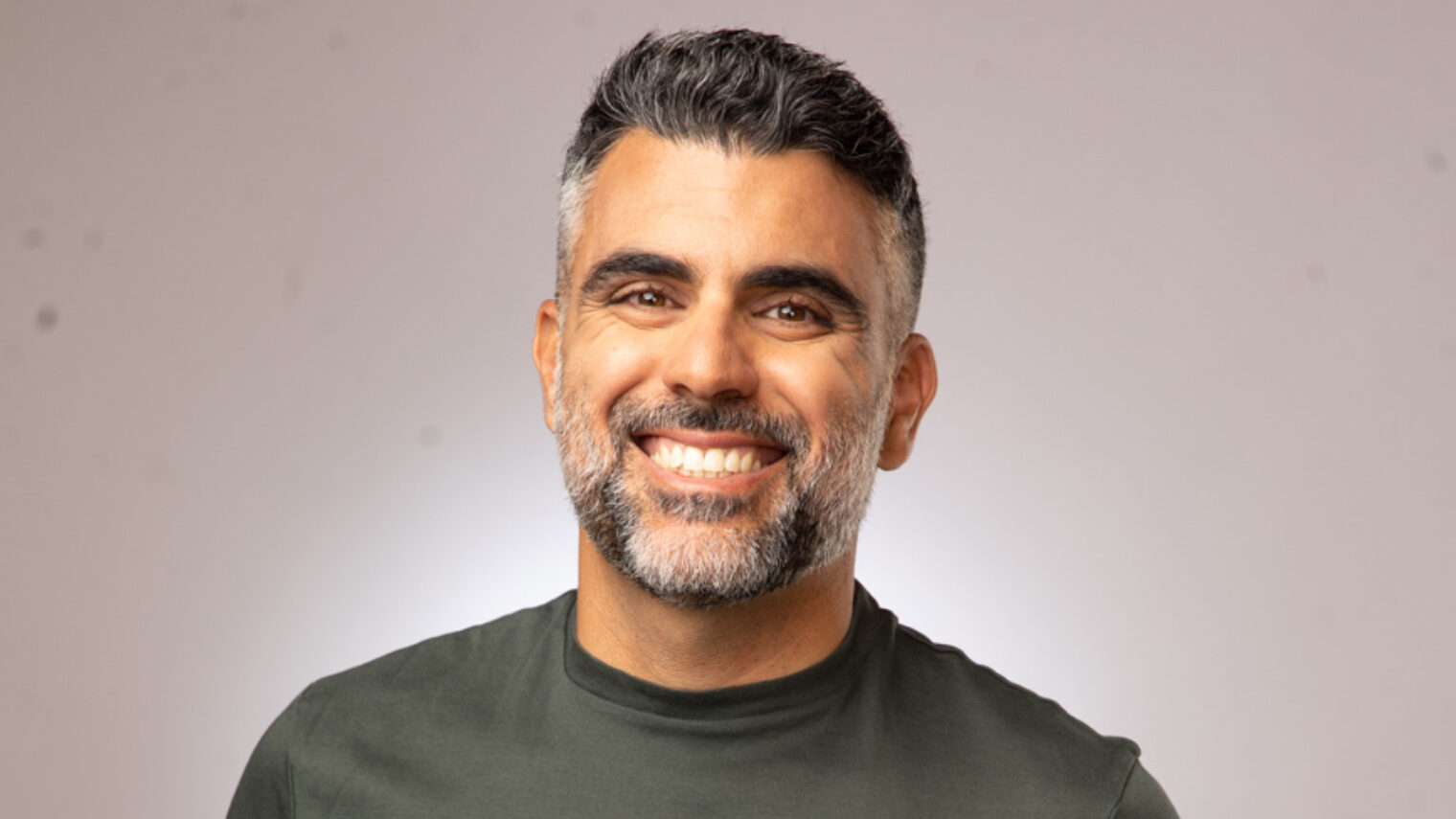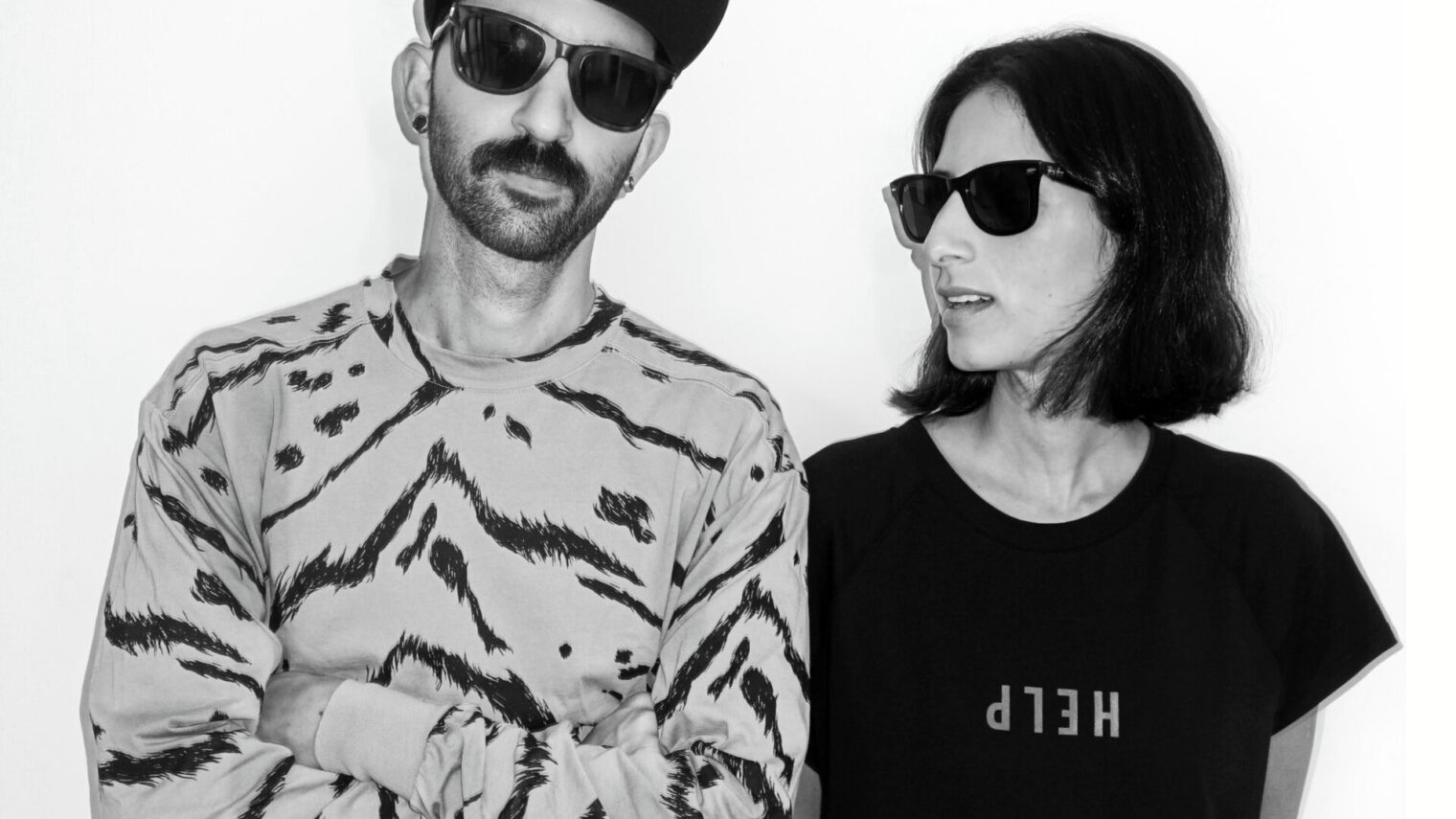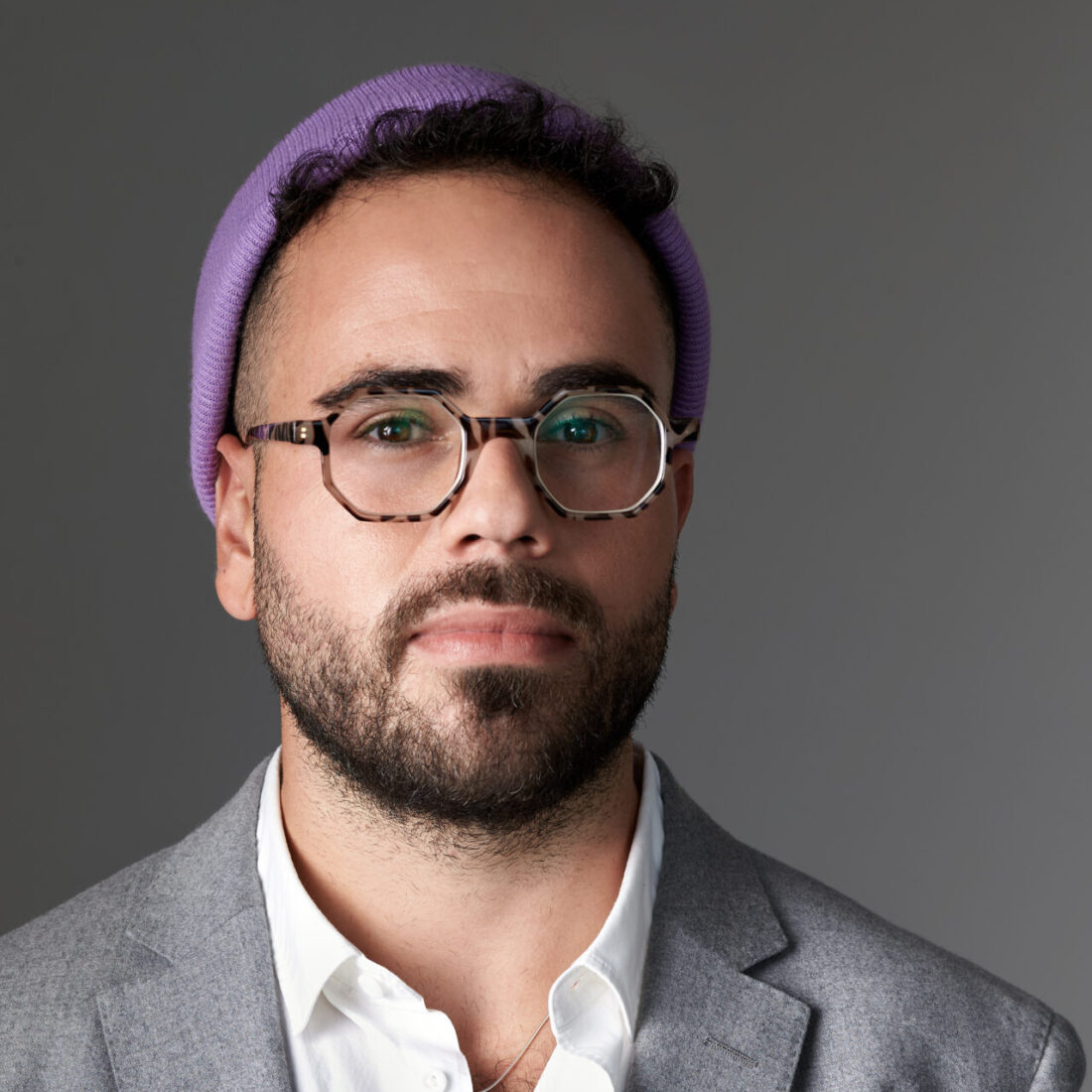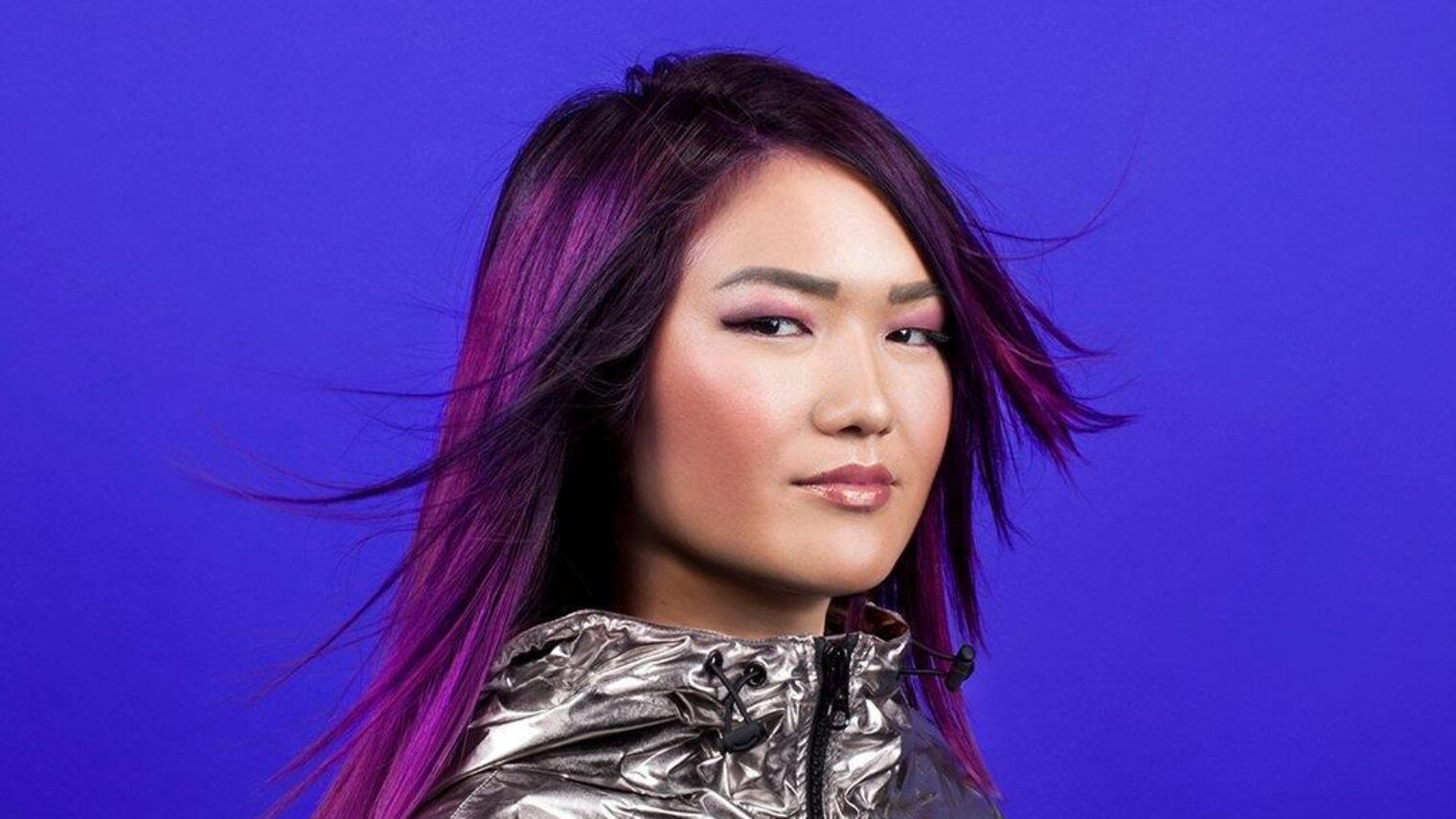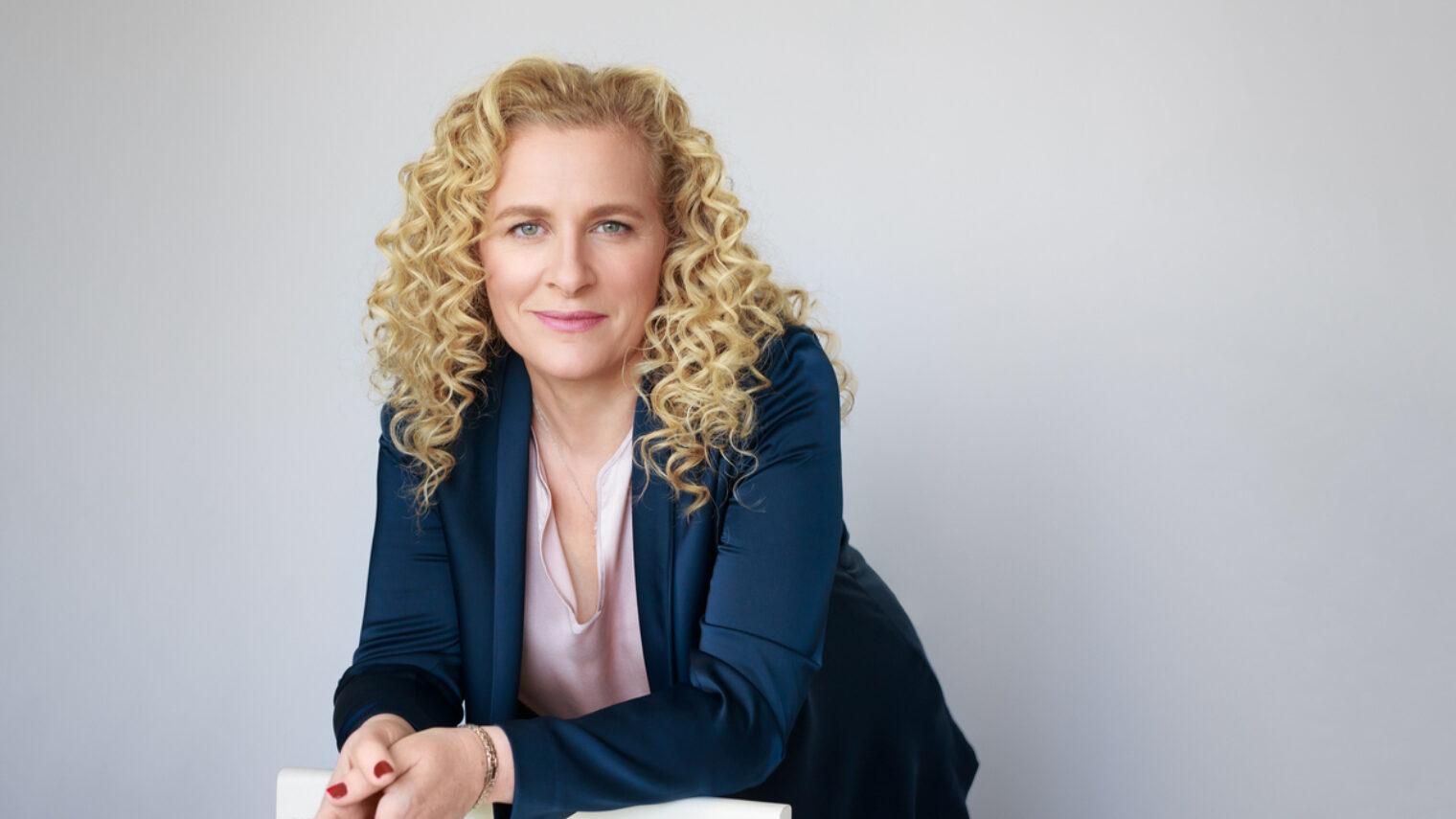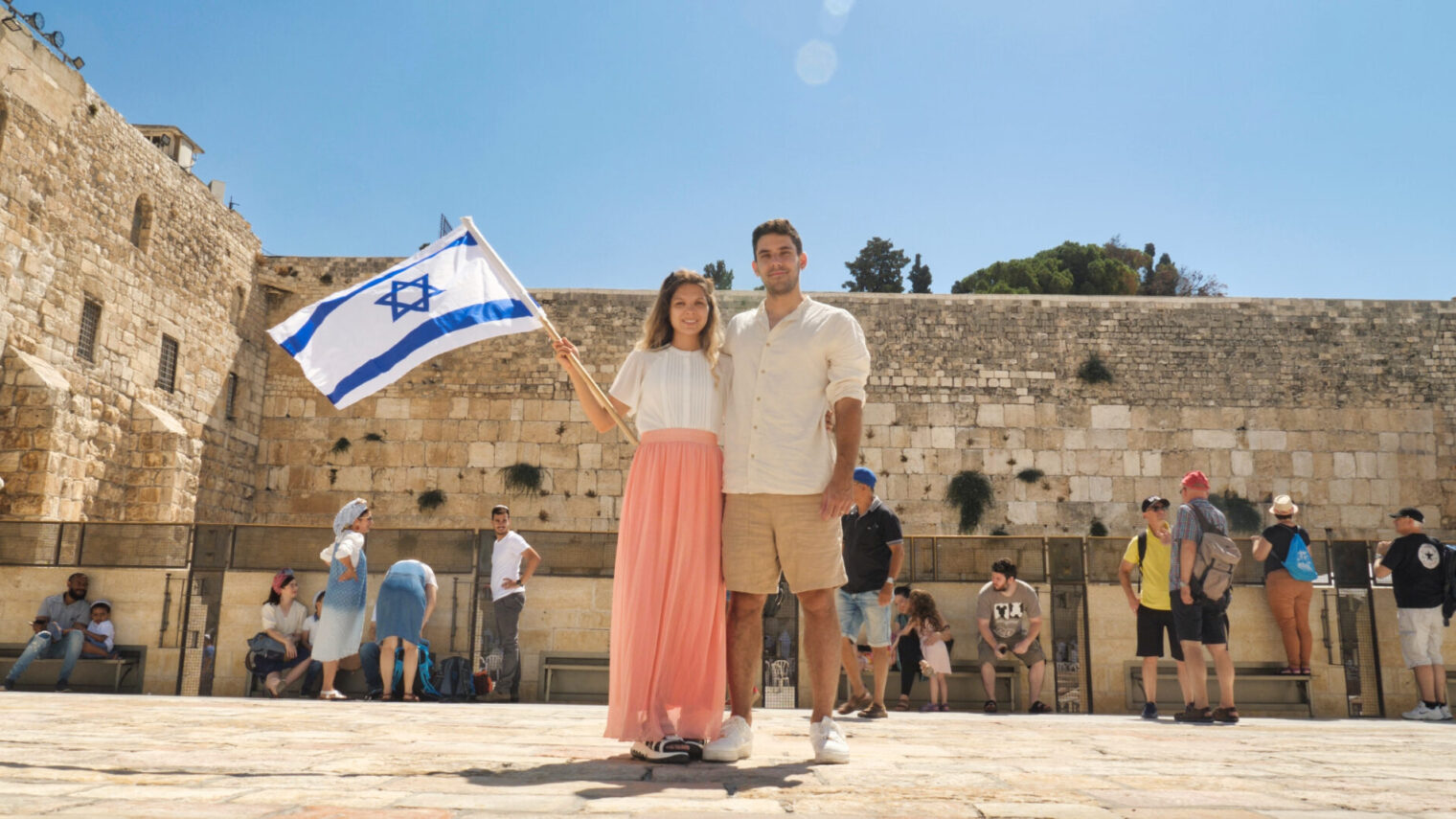PhD in geology, master’s degree in archeology and anthropology
I am striving to change the world by helping people protect their own lives in cases of disaster events like tsunamis, and contribute to broader positive decision-making for coastal development and response to climate challenges.
As odd as this might sound, I’ve learned that the most dramatic improvements and changes come from people who oppose or disagree. They are the ones who question and provide the greatest challenges and windows into how to find better solutions or ways to communicate ideas. My most motivating memories are the conversations with people who once sat on the other side of the table and are now working together.
When it comes to coastal disasters, and my efforts to streamline climate-change solutions and decision-making, I hope that my work will result in very little—meaning that we will respond, recuperate, or carry on into the uncertain future with such ease that it will barely be noticed.
“I’ve learned that the most dramatic improvements and changes come from people who oppose or disagree.”
People tend to say they are open to new ideas, but the truth is that we are quite set and comfortable in our ways. Change is difficult, whether it is in action or thought, and being able to withstand and carry through the uncomfortable initial phases, when fewer people are willing to risk a new model or approach, takes a lot of thick skin and tolerance. My experience has been that if an idea or plan is accurate and good, it will eventually reach acceptance if you wait out the storm.
Growing up, I was often in trouble for daydreaming. Today I believe that daydreaming is not a waste of time; it’s fuel for the future. I hope to be able to continue dreaming, as well as doing my work, as long as I can so that our lives on the coastline might continue for future generations.




